YouthTransgenderBisexualityFamiliesLGBT youth![Meet the Point Foundation’s Class of 2017]() David Artavia
David ArtaviaPoint Foundation, the nation's most prominent scholarship-granting organization for LGBTQ students, has announced its 2017 scholarship recipients, and it’s by far the largest and most diverse group in the organization’s history.
From more than 2,000 applicants, 52 recipients were chosen — 27 LGBTQ students were chosen to be Point Scholars, while 25 LGBTQ students were chosen from community colleges to expand Point’s Community College Scholarship Program. This year’s scholarship recipients include veterans of the armed forces, award-winning artists, international LGBTQ rights activists, creators of nonprofit organizations, and young scientists.
Two-thirds of Point Scholar class are people of color, nearly half of them identify as transgender, gender-nonconforming, or intersex, and eight were formerly homeless. In the group of community college recipients, 60 percent of the students are the first in their families to go to college, nearly half of them identify as transgender, gender-nonconforming, or intersex, and one-third identify as bisexual, polysexual, or queer.
Here’s to a great school year ahead!
Learn more about the Point Foundation at PointFoundation.org.
Adil Mansoor
Carnegie Mellon University, Theater
Pronouns = He/Him/His
Born in Karachi, Pakistan, and raised in the Chicago area, Adil Mansoor is a Muslim-raised and queer-identified theater director. What began as bullying in high school and ostracism from his community evolved into a commitment to marginalized folks and dismantling structural oppression. As a director, Adil believes that centering the stories of LGBTQA+ people and folks of color will shift the dominant narrative away from heteronormativity and white supremacy. Adil began his journey as an artist educator at Northwestern University, receiving his bachelor’s degree in 2008. After graduating, he has worked with many organizations including Mori Art Museum in Tokyo, Chicago/Pittsburgh Public Schools, and the Andy Warhol Museum. Since 2012, Adil has been the program director for Dreams of Hope, an arts education organization supporting LGBTQA+ youth. Each year, he works with a youth ensemble to create an original play exploring LGBTQA+ history and experience. In 2013, he started Dreams of Hope's sQool program, bringing social justice centered arts programming to schools and community spaces. In its first three years, sQool engaged over 3,000 people in art making and conversations about the LGBTQA+ community. Adil is also a founding member of Hatch Arts Collective, a performance group committed to creating socially engaged art. In addition, he has directed for Quantum Theatre, Bricolage Production Company, Pittsburgh Playwrights, and others. Adil is pursuing an MFA in directing at Carnegie Mellon University as a John Wells Fellow and will further develop his capacity to honor underrepresented voices.
Bodo Lee
Wells Fargo Point Scholar
Yale University — Ethics, Politics, and Economics
Pronouns = He/Him/His
Bodo Lee was born in Dallas and moving to Oro Valley, Ariz., in fifth grade. There, he has attended a charter school for grades 6-12 where he found a community that became a second family to him. Although his high school career involved a liberal arts education with an emphasis on STEM fields, he found a passion for economics and politics primarily during his junior and senior years. At school, Bodo served as treasurer of the National Honor Society, and he founded Peer Diversity, a group that works with the Anti-Defamation League to train student leaders to identify and combat discrimination, hate, and bias. This experience gave him an outlet to challenge injustices of all kinds including the prejudice often facing the LGBTQ community. Outside of his high school studies, he served on his town’s Youth Advisory Council before becoming president in 2016. Along with this, Bodo was a board mrmbrt the Southern Arizona AIDS Foundation, an organization dedicated to providing care and education for those living with HIV or AIDS as well as the LGBTQ community. It was these two organizations that ignited in Bodo a passion for politics and advocacy. Bodo is a student at Yale University, where he plans to study ethics, politics, and economics while continuing to be an advocate for equality and justice.
Donna Scaffidi
University of Michigan Law School
Pronouns = She/Her/Hers
Donna Scaffidi has committed her life to serving and supporting marginalized communities. A first-generation college graduate who overcame poverty, Donna graduated magna cum laude with a BA from the University of Massachusetts, Boston, where she was actively involved with several organizations to cultivate positive social change for black, Latinx, and LGBTQA+ communities. Due to her civic engagement and desire to pursue a career in law, the Congressional Hispanic Caucus Institute selected Donna to join the Congressional Internship Program in the spring of 2015. Through this opportunity, Donna worked for U.S. Rep. Katherine Clark (D-Mass.), focusing on technology, health care, education, poverty, and LGBTQA+ policy issues. This experience fortified Donna’s desire to become a lawyer and led her to explore the intersection of public interest/government and private practice. After graduating college, Donna began working in the legal recruiting department of a preeminent global law firm where she served as an LGBTQA+ leader and advocate. Then, prior to law school, Donna was selected to be an SEO Law Fellow, and she worked during the summer before law school at another leading international law firm. She has been working to create and sustain a pipeline of diverse talent for those interested in pursuing a legal career. One of Donna’s goals after law school is to return to a law firm to continue these efforts, combining her passion for creating justice for all with her desire to work on sophisticated legal issues.
Eric Gonzaba
George Mason University — History
Pronouns = He/Him/His
Despite proud Texan parents, Eric Gonzaba is thoroughly Midwestern. Born in Missouri and raised in Michigan, Eric attended high school in rural southern Indiana, where he came out as gay sophomore year. Backed by supportive family and friends, he became deeply involved in LGBTQ advocacy. At Indiana University, he served as outreach coordinator for the school’s LGBTQ+ Culture Center and the GLBT Alumni Association, tasked with organizing programming and educational events for the wider university community on queer issues. While organizing an event on the history of LGBTQ Hoosiers, Eric became interested in uncovering and telling the histories of queer people outside the coastal gay landmarks of San Francisco and New York. He curated an exhibit on Indiana’s LGBTQ history using only T-shirts archived in a local gay library. Later, as a graduate student at George Mason University, Eric developed the T-shirt project into a digital archive and museum titled Wearing Gay History. The site contains nearly 4,000 historical LGBTQ T-shirts from around the world, spanning five decades of vibrant history. The site earned a 2016 National Council on Public History Award. Eric’s research focuses on the cultural politics of the late twentieth century United States, with a particular interest in African American and queer history. His dissertation, titled "Because the Night: Nightlife and Remaking the Gay Male World, 1970-1990" examines the politics of racial discrimination at gay nightlife establishments in Washington, D.C., Baltimore, and Philadelphia. Eric’s dissertation argues that sites of gay nightlife divided queer communities along racial, sexual, and class lines. Eric hopes his career as a historian will help empower others to uncover the complicated and often overlooked histories of LGBTQ people.
Felipe Gomez
Wells Fargo Point Scholar
University of Pennsylvania — Mathematical Economics
Pronouns = He/Him/His
During fall of 2004, Felipe and his mother immigrated from Colombia to the U.S. in hopes of an improved future. However, what they received was a life full of belittlement, homelessness, adversity and poverty. Having grown up in the ghettos of Chicago and Miami, Felipe knows what it means to have absolutely nothing. He invested his time and energy into school, but when high school began, Felipe’s only safe haven was destroyed by the constant bullying and hate he received for being different. After a year of horrid experiences, he decided he had to make a change. Felipe became the first student in his school to come out as gay, and then also became the first student in his school to create a Gay-Straight Alliance. At first, his fellow students were not accepting of him. However, when Felipe began implementing the GSA’s mentoring program as well as educating the school on gender/sexuality topics and debunking popular misconceptions, the GSA’s membership grew. His school eventually became extremely tolerant, and Felipe graduated in 2017 with summa cum laude honors. His life goal is to create a nonprofit that caters to abused, queer Latinx teens from demotivating households as well as creating a society more socially aware and accepting of queer people and immigrants.
Harper Zacharias
George Benes, MD & Michael Mallee, EdD Point Scholar
Bard College — International Relations
Pronouns = They/Them/Theirs
Growing up in a conservative neighborhood in Chicago, Harper struggled with their sexuality and gender identity. When they were 13, they moved to Deerfield, Ill., as their parents went through a traumatic divorce. It took them until the age of 15 to come out. That same year, their father disowned them. They sunk into a deep depression but eventually recovered through the support of friends and teachers. They quickly realized they had a capacity to create meaningful change in the world and decided to start with their high school. Harper became the president of Deerfield High School’s Gay Straight Alliance their junior year and spearheaded the first campaigns for gender-neutral bathrooms. Before they finished high school, they decided to expand their activism nationally and joined Trans Student Educational Resources, a youth-led nonprofit organization dedicated to transforming the educational environment for trans and gender nonconforming students through advocacy and empowerment. Since joining, Harper has risen to the role of program director. Harper is the first trans athlete at Bard College, where they study Global and International Studies and Gender and Sexuality Studies, and has worked to make athletics more accessible for queer and trans students. In addition to serving on the Educational Policies Committee, they are Ppresident of the Queer Student Association and Trans Life Collective. As a result of their work, Bard awarded them with the Ralph Ellison Award, a prestigious privilege given to a student who has shown a dedication to eliminating discrimination in the community. Harper is also a research assistant for their adviser at Bard as well as at the World Policy Institute. After graduating, Harper plans to pursue their Ph.D. and continue their activism.
Kerri Cecil
University of Southern California — Film and Television
Pronouns = She/Her/Hers
Kerri Cecil is a filmmaker who was born in Southern California but raised by her mother in rural Minnesota in an extremely conservative Christian household. She struggled with her gender identity from an early age, and when it was discovered by her mother that this was no mere "phase," she was cast out from her home at a very young age. After 20 years of homelessness, survival sex work, and drug addiction, which led her to some dark places including jails and prisons, she was finally able to learn how to live a productive life with some help from the Emerging Leaders Academy. Kerri was introduced to the realm of possibility, and she decided then and there to follow her dream of becoming a filmmaker who can empower others and help create social change for the transgender community. Enrolling at Los Angeles City College, she completed its film and television program with honors and with her first short film won her first award. While at LACC, Kerri helped create and lead an on-campus LGBTQIA organization called the Spectrum Alliance club, which now has an annual Trans Awareness week, including a Trans Day of Remembrance. Even though she is the first in her family to graduate from college, her family still ostracizes her because she is transgender. But Kerri has built an amazing life for herself and is now attending the USC School of Cinematic Arts, where she is pursuing her undergraduate degree.
Kevin Contreras
Wells Fargo Point Scholar
Pitzer College — Pre-Med
Pronouns = He/Him/His
Raised in Los Angeles by a traditional Mexican family, Kevin became well acquainted with discrimination at a young age. Throughout his adolescence, he was often bullied for being the only openly queer student among his peers. Despite his unsupportive community, Kevin has worked to combat the effects of discrimination by organizing LGBTQ+ acceptance events, hosting antibullying forums, and even convincing school administrators to make designated restrooms gender-neutral. As president of both his school and the Gay Student Alliance, Kevin regularly met with school district officials to discuss LGBTQ+ related issues, racial equality, and other social justice topics. In addition to his community efforts, Kevin provides resources, as well as support, to over 80,000 people struggling with their sexual and gender identities on his blogging platform. Aside from his work with the LGBTQ+ community, Kevin also cofounded a nonprofit organization, the Engineer Factory, in the summer of 2014, which serves to inspire marginalized children to pursue careers in science, technology, engineering, and mathematics (STEM). Suffering from an eye disorder that will eventually lead to blindness has motivated Kevin to study to become a researcher and a doctor so that he can help thousands of people in need. As an undergraduate at Pitzer College, he will further LGBTQ+ causes, pursue community outreach for LGBTQ+ youth, and use his knowledge to become an agent of change within all marginalized communities.
Khushboo Panjwani
Rim-Freeman Point Scholar
University of Texas at Austin — International Relations, Anthropology
Pronouns = She/Her/Hers
Khushboo Panjwani is an international relations and anthropology double major at the University of Texas at Austin. Having witnessed many human rights abuses from a young age, Khushboo's passion for human rights and protecting others manifested early on. What Khushboo values most in her academics is exposure; to knowledge and ideas that she does not yet possess, and to experiences she has not yet acquired. It was with this mindset that she entered university. She worked with refugees as an intern for the International Rescue Committee in 2014 and served as an ambassador for the Aga Khan Foundation | Partnerships in Action in 2015. In the summer of 2015, Khushboo interned for Impilo Phambili in South Africa, where she conducted research in townships that were formally designated for black occupation by apartheid legislation. This is where her passion for cultural understanding and the intersectionality of oppression grew. In the summer of 2016, she fell in love with the language of Arabic at the intensive Arabic Summer Institute at UT. It was not until the fall of 2016 that Khushboo realized she was part of the LGBTQ+ community. After coming out to her friends, family, and entire Muslim community, she faced much discrimination, and as a result became a financially independent student. As of spring 2017, Khushboo is the vice president of Amnesty International UT Chapter. A Pakistani, Muslim, queer, independent student, and woman, Khushboo has experienced and witnessed marginalization in many forms. She hopes to focus her academics on the intersectionality of oppression and bridge gaps in cultural understanding.
Kuhan Jeyapragasan
HSBC Point Scholar
Stanford University — Applied Mathematics
Pronouns = They/Them/Theirs
Kuhan Jeyapragasan is a Stanford University student from Toronto, Canada. Their involvement with the LGBTQ community started in high school, after speaking to a teacher who shared their experience as an LGBTQ South Asian individual. This discussion made Kuhan realize how few South Asian LGBTQ individuals are well-known, and the importance of sharing stories to reduce isolation and provide support to the LGBTQ community. Kuhan’s activism started in school, as executive of the Queer Straight Alliance, Pink Day Crew, and Gender Equity Club. They also became heavily involved in community service, volunteering and doing advocacy work with organizations including the 519 Queer Community Center, Delisle Youth Services, LGBT Youthline, and Supporting Our Youth. In Toronto, Kuhan also conducted research on LGBTQ youth homelessness, suicide prevention, and mental health challenges faced by the LGBTQ community. At Stanford, Kuhan’s field of study is mathematical and computational sciences. Coupled with a minor in economics, Kuhan hopes to apply technology and data to solve large-scale social problems. Kuhan is also heavily invested in student activism and has been involved with the NAACP, private prison divestment work, effective altruism, and social justice groups. In total, they have accumulated over 2,500 volunteer hours and will continue to volunteer to ground the policy work they hope to be doing in the future. Outside of social justice work, Kuhan loves playing chess, singing South Asian music (classical and Bollywood), learning new languages, and traveling.
Kylie Blume
Novo Nordisk Point Scholar
University of Minnesota Medical School — Medicine
Pronouns = She/Her/Hers
Kylie Blume is a student at the University of Minnesota Medical School, where she is pursuing her dream of being a fierce advocate for the LGBTQ community through medicine. Driven by her own experiences with transphobia in medical settings, she is passionate about reforming medical education to welcome aspiring LGBTQ physicians and train all health care providers to be competent in caring for LGBTQ patients. Kylie grew as a leader through her efforts to challenge University of California Davis Health to better care for its LGBTQ patients as community representative on the Vice Chancellor's LGBTQI Advisory Council and as a core planner of the UC Davis Improving OUTcomes Conference. Upon matriculating to UMN Medical School in 2016, she harnessed her passion and leadership skills to establish the first annual UMN MedED LGBTQIA+ Health Care Symposium. She is working to establish a free student-run trans hormone clinic, TRANSform Hormone Clinic. Kylie’s efforts are inspiring her peers to join her in improving the medical school’s capacity to train LGBTQ-sensitive and competent physicians. She is also collaborating with the administration to improve the school’s curricula and support of diverse students through her roles as chief diversity officer on the Medical Student Council and president of Pride in Health Care. Kylie is engaged in national LGBTQ health advocacy through her board position on GLMA: Health Professionals Advancing LGBTQ Health Equality, where she creates resources for health professional students nationally so that they can collaborate and contribute to deconstructing LGBTQ health inequities.
Landon Marchant
HSBC Point Scholar
Williams College — Computer Science
Pronouns = Them/Them/Theirs
Born and raised on a flower farm in rural Wisconsin, Landon Marchant has traveled a long way from their conservative religious upbringing. At the age of 18, Landon enlisted in the United States Air Force, hoping to suppress their gender identity and sexuality. However, instead of turning Landon cis and straight, the military introduced them to countless successful and happy LGBTQ people. Since an honorable discharge in 2011, Landon has devoted their time to helping LGBTQ troops and veterans. Landon has held numerous leadership roles in SPART*A, an LGBTQ military organization, since its inception in 2013. In particular, Landon has supported fellow transgender service members by connecting troops with educational and health resources, emergency housing, and employment assistance. They also cochair the SPART*A fitness group, a personal passion that has led to improved member morale. Landon has built an expansive network of nonprofits, veterans’ organizations, and individuals dedicated to supporting LGBTQ service members and veterans. In order to pass on this wealth of knowledge, Landon maintains a comprehensive index of resources for LGBTQ veterans and for any veteran hoping to continue their education. Acceptance into Williams College has only served to deepen Landon's passion for helping LGBTQ individuals succeed. As a disabled veteran and former trade union apprentice, they know the importance of strong support networks and economic stability. Landon intends to continue supporting LGBTQ veterans achieve their post-military goals, as well as work to change the way we think about socioeconomic mobility, skilled labor, and military service.
Le’Priya White
Oberlin College — Sociology
Pronouns = She/Her/Hers or They/Them/Theirs
Le'Priya White was born and raised in Chicago. Being an openly queer woman of color, Le'Priya knew that she wanted to help foster healthy spaces for queer and trans people of color. Creating a sense of community through activism and education is the goal she has set for herself to accomplish during her time at Oberlin College. During her freshman and sophomore years, Le'Priya has taken on several leadership positions, such as being cochair of La Alianza Latinx, a group dedicated to providing a space for Latinx students, and Zami, a group that operates as a safe space for queer and trans people of color. She is the co-coordinator of Queer Beers, a monthly community gathering for queer and trans students. At the end of her sophomore year, Le'Priya cofounded Queer and Trans People of Color (QTPOC) Hall, ensuring a community for QTPOC to live in a space dedicated to the love and support of queer/trans folks.
Le’Priya was awarded the Mellon Mays Fellowship in March — a program dedicated to increasing the number of underrepresented minority groups and supporting those students on their path to pursuing a Ph.D. Her research will focus on the accessibility of health care for marginalized groups living with HIV and their experiences with institutions due to social factors such as housing instability, poverty, lack of employment, and education.
Logan Alcosiba
Wells Fargo Point Scholar
San Francisco State University — Humanities
Pronouns = She/Her/Hers
Learning to live for love instead of to die from hate, Logan Alcosiba came out as transgender once her sophomore year began. When she was greeted with open arms, Logan made it her mission to ensure all kids were treated the same. To spread awareness and acceptance, as well as build a better understanding of diversity for her peers, Logan became as involved as possible in her community, dedicating her time to school, leadership, athletics, drama, and clubs. This would lead her to become the first openly transgender athlete, ASB president, and homecoming queen for the city of Newark, Calif., a proud achievement for her community considering the loss of Gwen Araujo a decade and a half prior. In the middle of her high school career, Logan founded her school’s annual Transgender Presentation to teach students and staff about the transgender experience as well as her school’s first LGBTQ+ Support Club, where students could safely express themselves while organizing school events and learning about the community’s history. Because of this, the welcoming environment surrounding Newark Memorial High School improved and still continues to grow. All the while, Logan was physically transitioning, breaking down barriers in transgender health care. With much perseverance, Logan became the first minor in Northern California to be approved for and undergo any gender-related surgery, allowing future youth the same opportunity. Her personal transition allowed a community to transition. Being herself allowed others to do the same. This, Logan knows, will continue.
Michael Arellano
Western Michigan University — Dance/Behavioral Science
Pronouns = He/Him/His
Michael Arellano was born in Shelby Township, Mich., where he lived until moving to start school at Western Michigan University in Kalamazoo. Being a dancer since age 3, Michael experienced a lot of harassment at a young age and became ashamed of both his craft and his sexuality. Toward the end of high school, Michael began to embrace being a dancer and a proud gay man. While in high school, Michael danced at Suzette’s Masters of Dance and became an instructor in 2013, teaching students in styles such as jazz, ballet, contemporary, and more. He was also a member of the National Honor Society and volunteered his time by tutoring at Malow Junior High, packing food at Gleaners Food Bank, and helping at Frasier Villa Nursing Home. In 2015, Michael received the Medallion Scholarship from Western Michigan University. Through the Medallion Scholarship Program, Michael has cofounded a registered student organization called Blessings From Broncos, which is a branch of the national nonprofit organization Blessings in a Backpack. Blessings From Broncos works to provide food for underprivileged children during the weekends. Michael is excited to continue his studies in dance and psychology and to broaden his activism to the LGBTQ+ community and beyond.
Molly Griffard
New York University — Law
Pronouns = She/Her/Hers
Molly Griffard is an aspiring civil rights and liberties lawyer studying at NYU School of Law. She was born and raised in Saint Louis, Missouri. She got her start as an activist and organizer as a teenager by volunteering on campaigns to stop the use of the death penalty in Missouri. In 2009, Molly graduated from Macalester College, where she majored in political science. As an undergraduate, she spent many hours outside of the classroom campaigning for progressive candidates and causes like voting rights for students and low-income people and higher education affordability and access. Before law school, Molly worked at the American Civil Liberties Union as a state advocacy strategist on the LGBTQ-focused Out for Freedom Campaign. In this role, she worked on legislative, ballot, and public education campaigns to advance policies including marriage equality and LGBTQ nondiscrimination, while fighting back against anti-LGBTQ measures. Before joining the ACLU's Out for Freedom Campaign, Molly worked on numerous LGBTQ state campaigns, including the 2012 ballot campaign in Maine and legislative campaigns in Washington, Rhode Island, New Jersey, and Utah. In law school, Molly is focusing on gaining advocacy skills and a deeper understanding of the legal system to put to use for social change.
Nolan Boggess
Grinnell College — Theater and Dance
Pronouns = He/Him/His
Nolan grew up in Des Moines, where he attended Catholic schools from kindergarten through high school. Although Nolan knew his family would accept his sexual identity, he was worried to come out as gay at his predominantly conservative high school. After coming out his senior year, he was disheartened to learn that his high school had denied a teaching job to an openly gay man. Vowing to stand up for those who don’t feel comfortable in their schools because of their sexuality, Nolan decided to attend Grinnell College and get involved with the Queer Mentorship Program that creates mentor relationships between LGBTQIA+ students. Now serving as the co-coordinator, he has the opportunity to match student mentees and mentors through a program of education, advice, and support. Nolan is a theater & dance and anthropology double major who participates in all facets of the Theatre and Dance Department at Grinnell. In the spring of 2017, Nolan directed and produced a student musical theater production on campus. Nolan’s goal is to create a nonprofit theater company in the Midwest dedicated to producing shows by LGBTQIA+ playwrights or focused on LGBTQIA+ topics that would also offer educational and outreach programs to the community.
Oliver Stabbe
University of Rochester — American Sign Language / Psychology
Pronouns = He/Him/His or They/Them/Theirs
Raised in the Washington, D.C., area, Oliver had inadequate exposure to LGBTQ-relevant education. When he realized he was transgender at 15, Oliver struggled with finding information that would help in discovering and supporting his identity. Oliver realized that in an age where the availability of information is so largely based on environment, disability status, race, gender identity, sexual identity, income, and other identities that have minority statuses, accessibility can drastically improve a person's life. Since then, Oliver has committed himself to researching and advocating for people of diverse intersectional identities and mental health. He has continued his advocacy in a variety of ways: by researching LGBTQ and disability history at the Smithsonian National Museum of American History, working in disability policy in D.C., helping coordinate the 2017 Women's March on Washington, conducting an honors thesis in psychological flexibility, and answering calls and promoting accessible options for a peer-to-peer crisis hotline. Oliver is a double major in psychology and American Sign Language with a minor in brain and cognitive sciences at the University of Rochester. He plans to pursue a graduate degree in clinical psychology and to continue his advocacy for the LGBTQ community.
Omar Salman
Virginia Tech Carilion School of Medicine — Medicine
Pronouns = He/Him/His
Omar Salman was born in Kuwait to two Palestinian refugees. Due to violence in the region, he became a refugee himself when his family fled the Gulf War. He came to the U.S. at age 8 and lived in Tennessee, where he faced a great deal of stigma as a gay Muslim immigrant in the South. Omar pursued a career in medicine and eventually studied biomedical engineering at Vanderbilt University. During this time, he was outed and experienced a period of homelessness until eventually being connected with resources to regain his footing. After this experience, Omar became passionate about minority and LGBTQ+ health. He spent a summer in Sierra Leone working with a program for HIV patients. He then founded and facilitated a support group for HIV-positive men of color at a health center in Massachusetts. In medical school, he became vice chair of LGBTQ+ issues for the American Medical Association. In this role, Omar wrote a resolution to end the discriminatory deferral period for MSM blood donors that led the AMA to oppose the ban and write the FDA to reconsider the policy. He also facilitated sexual health courses for LGBTQ+ teens, set up a health fair and screenings at Pride, created and led LGBTQ+ provider competency workshops for students and providers, and launched a mentoring program for medical students to mentor ELL students in the region. He also currently serves as an associate director for the MSV Foundation, a philanthropic organization for Virginia’s medical society and conducts research on medical devices for children with neuromotor impairments such as cerebral palsy. When he is not studying, Omar enjoys distance running, vegan cooking and baking, and volunteering with kids. Omar hopes to eventually work in pediatrics and advocacy to address health disparities faced by LGBTQ+ immigrants and people of color.
Sarah Daoud
University of Chicago — Social Work
All Pronouns
Sarah is a queer, gender-fluid femme of color and the child of Muslim refugees. Working to better their communities through internal, interpersonal, and systems change has been vital to their resistance and existence. Sarah made the decision to pursue social work after reporting from refugee settlements abroad, where they intended to promote human rights through investigative journalism. Steadily, Sarah realized the limitation of a journalist’s work and felt called to a different kind of action. Since then, Sarah has dived into social work through several different avenues: performer in educational theater, abortion clinic escort, teaching artist in Chicago Public Schools, organizer with the Illinois Caucus for Adolescent Health, director of Take Back the Night at Northwestern University (where they also helped reform campus policy on sexual assault to be more inclusive of queer survivors). Of great importance to Sarah is the work they did as a resource advocate at the Broadway Youth Center from February 2015 to June 2017, where they supported queer and trans young people experiencing homelessness. While in school in Chicago, they will be interning at the Chicago Women’s Health Center, a feminist health care collective that serves people of all genders at a sliding scale. After graduating with their master’s in social work from the University of Chicago in 2018, Sarah hopes to start a program for LGBTQ youth of color that integrates mental health care, popular education, and creative learning to provide youth access to activism, emotional tools, and life skills to succeed despite inequitable conditions. In our increasingly harmful world, Sarah is dedicated to supporting queer and trans youth as they learn to love themselves, radically and unapologetically, and gain a healthier understanding of their resilience and power.
Shannon Moran
University of Michigan — Chemical Engineering
Pronouns = She/Her/Hers
Shannon Moran was born and raised in Michigan in an Irish Catholic family. Her parents supported her love of math and science, and in 2012 Shannon received her BS in Chemical Engineering from the Massachusetts Institute of Technology. While at MIT, Shannon discovered an aptitude for scientific research, resulting in multiple high-impact peer-reviewed publications and a research fellowship at the National University of Singapore. After spending three years in management consulting at the Boston Consulting Group after college, Shannon began her Ph.D. in Chemical Engineering at the University of Michigan in 2015. Her research focuses on the computational study of non-equilibrium material fabrication. Despite her academic successes, Shannon remained closeted until the end of college. After volunteering with the O4U (Out for Undergrad) Business Conference in 2013, Shannon came to appreciate the importance of authenticity in the workplace. She continued to volunteer with O4U, eventually organizing the second-ever O4U Engineering Conference as programming director and establishing a foundational curriculum for future conferences. During her Ph.D. studies, Shannon has spearheaded a series of communications workshops on research project management through the University of Michigan’s College of Engineering and Center for Entrepreneurship, reaching hundreds of engineering students. Through her work with O4U and oSTEM (Out in STEM), she is deeply committed to serving as a mentor to LGBTQ students in STEM fields, developing networks of LGBTQ individuals in these areas, and enabling students with the skills needed to be successful leaders in STEM.
Tony Vo
Seattle University — Doctorate in Educational Leadership
Pronouns = He/Him/His
Tony is the son of Vietnamese refugees. His parents political persecution in Vietnam to provide the family a brighter future. His upbringing, Tony realized, was a pattern seen in many Southeast Asian communities — low-income, first-generation, and limited English. As an undergraduate at the University of Washington, Tony founded a student organization named Asian Coalition for Equality that highlights invisibilities of the Asian community. He also advocated at local, state, and national levels for resources and data that captures the realities of Southeast Asians and organized panels and presentations debunking the “model minority myth.” Tony believes in the power of communities to heal themselves. From 2009 to 2012, he took part in participatory action research for the Vietnamese community and learned their strengths and needs, culminating in a report used to advocate for resources for his community. In 2012, he founded an annual 5K walk/run with neighborhood friends to foster health, build community, and raise money for local nonprofits. This belief in communities led him to student leadership work in the community college system where he advised the Queer Straight Alliance and other organizations. From there he pursued an Ed.M. at Harvard’s Graduate School of Education. He plans to continue work in higher education providing pathways for underrepresented students to enter, graduate, and leave as critical leaders. Tony is inspired by the resilience of his mom and sister who ground him in his identities and roots, supporting him on his journey in pursuit of higher education.
Valerie Weisler
Muhlenberg College — Inequalities of Education
Pronouns = She/Her/Hers
Valerie Weisler was a shy high school freshman when she came across a student being bullied and said two words that changed both of their lives: “You matter.” The student’s response that her words “validated” him planted the seeds for the Validation Project. Having experienced bullying herself, Valerie launched the project to help other teens gain confidence, believe in themselves more deeply, and develop the skills to address social justice issues. Teens identify their skills and passion, partner with mentors in their field of interest, and then design campaigns making a positive impact in their community. Valerie has been recognized with the National Jefferson Award for Peace and Justice and the Princess Diana Award from former Prime Minister, David Cameron. She also serves as a Human Rights Campaign Ambassador. Valerie's self- designed entrepreneurial curriculum has replaced government-led anti-bullying courses in nearly 1,000 schools across the globe. Leading The Validation Project kindled Valerie's interests in education. Now a student at Muhlenberg College, Valerie is dedicated to learning about the inequalities in education. She seeks to work for the U.S. Department of State, where she has served as a speaking ambassador since August 2016, the U.S. Department of Education, or another platform to make sure every child is provided with the resources and supportive environment to pursue their passions.
Vanessa R. Watson
Barbey Point Scholar
Fashion Institute of Technology,
Production Management in Fashion and Related Industries / Technical Design
Pronouns = She/Her/Hers
Vanessa Watson is a fashion engineer on a mission: connecting you to clothes that fit your personality and your bum. Innovation and diversity are themes that inspire her as she works tirelessly to create systems that facilitate access and equality. Vanessa and her younger sister were raised in rural New Jersey by their mother in a single-parent home with tremendous support from their maternal, extended family. Though resources were often scarce, access to and the pursuit of academia was a constant. Acknowledging her Queer identity revitalized her desire and ability to thrive after an arduous battle with depression and as a survivor of suicide. Vanessa is an entrepreneur, a creative individual, and most importantly a student of life. An undying passion for fashion led her to enroll at FIT. As a production management and technical design student, Vanessa is working to revolutionize the apparel industry. Her applied focus looks at how 3-D technology can empower both the retail consumer and supply chain management channels. She is also the founder of UnBoxxed, a platform that integrates fashion and technology, “providing access to apparel that reflects who you see yourself to be — without rules, boxes, or constraints.” One thing is for sure: Vanessa's journey from medicine to fashion has taught her to see far beyond the fold.
Wandi Che
Duke University — Gender, Sexuality, and Feminist Studies
Pronouns = She/Her/Hers
Wandi Che was born and raised in China. Since childhood, Wandi witnessed her mother fighting for girls’ education rights in a conservative area. Although her mother eventually gave up due to the overwhelming pressure, she has profoundly influenced Wandi to care about others and things beyond oneself. Wandi is determined to carry on serving more people in need.
In high school, besides being holding leadership positions in several school clubs and the student government, Wandi began to actively engage in feminist and queer activities and activism outside of school, despite all the political pressure and difficulties along the way. She devoted substantial efforts to building the queer community and raising public awareness on queer and feminist issues, in a homogeneous culture of conformity. She volunteered at Beijing LGBT Center, Third China Women’s Film Festival, and Gay and Lesbian Campus Association of China. Based on her experience, she cofounded Audre Lorde Feminist Club to bridge the gap between different communities and extend the impact to high schools and colleges. Moreover, Wandi has been actively involved in social justice advocacy including national campaigns against gender discrimination in the college recruiting process along with other activists.
At Duke, Wandi plans to major in women’s studies and international comparative studies to better understand transnational feminist and queer theories and issues. She works at the Center for Sexual and Gender Diversity at Duke, volunteers at Dove House for homeless women in Durham, N.C., and goes to all kinds of events and activities on campus and in the local community. In the future, Wandi aspires to become a leading activist in feminist and queer activism in China.
Ximena Ospina Vargas
KPMG Scholar
Columbia University — Business
Pronouns = She/Her/Hers
Ximena is an undocumented trans activist and student seeking to amplify the visibility of the queer immigrant community. She was born in Cali, Colombia, but raised in the United States after moving to Elizabeth, N.J., with her family at the age of 5. Growing up in a mainly urban impoverished setting, developing comfort with a queer identity was a difficulty at home and school. Much of the inspiration for a fight for queer justice is Ximena's own experiences with reparative therapy, bullying, and homelessness, which taught her the value of solidarity and belonging to a community. Before attending Columbia University, Ximena paid her tuition in cash due to FAFSA being denied to undocumented students. To sustain her education, she has worked in varying industries such as manufacturing, retail, travel, and nonprofit. Ximena's favorite experiences were internships at United Airlines, which taught her how to be proudly queer in such a corporate setting, and her role in Community Access Unlimited, a nonprofit for the disabled. Ximena prides herself in her volunteer work for her communities; she is a regular Section Leader in New York's Pride March and a regular translator for the New York Immigration Coalition. Since attending Columbia, Ximena has been involved in the creation of the school's first formal undocumented student group.
Yingyi Wang
Kevin Hummer Point Scholars
University of Washington — Gender, Women and Sexualities Studies
Pronouns = She/Her/Hers
Yingyi grew up in a traditional Hakka family in southern China, Guangdong. She came to experience in early childhood the intersections of oppression for being an ethnic minority in China and for her gender identity as a woman in a patriarchal Hakka family. Upon realizing her bisexuality and after coming out, it became even more difficult for her to reconcile between her family and sexuality. These lived experiences have helped Yingyi reflect upon the intersectional inequality for LGBTQ persons and ignite the fire in her to engage in change and organize toward social justice in China. Yingyi started her activism as a young feminist in college in 2011 to campaign for gender equality. She believes that hope lies ultimately in education. In order to effect change, from 2011 to 2014 she became a sex education peer trainer for Marie Stope International China. In 2013, Yingyi cofounded the first national bisexual organization, r&B bisexual group, to raise the awareness of the Chinese queer community and beyond on issues pertaining to bisexuality, intersectionality, nonbinary sexualities. In 2016, the group published the first handbook on bisexuality in China. Yingyi also serves on the steering committee in a regional LBT organization from 2015 to 2018. Yingyi received her master’s degree from the University of Hong Kong with her pioneering research on cooperative marriage between gay men and lalas in mainland China. Her doctoral research looks at the precarity of nongovernmental organization workers, including LGBTQ activists, in neoliberal China. Yingyi is always finding ways to bridge her activism and scholarship so as to help promote a just society.
Point is also welcoming 25 LGBTQ students to its expanded Community College Scholarship Program, thanks to continued support from Wells Fargo.
They are as follows:
Alexander Kees Bomgardner
North Lake College
Irving, Texas — Accounting
He/Him/His
Alexander "Sander" Kees Bomgardner began life in Colorado Springs, Colo. At the age of 16, he moved down to Texas and began attending North Lake College. While there, he joined the Gay-Straight Alliance on campus and became heavily involved with the LGBTQ community at the college. Due in part to the support he had with the North Lake family, Sander came out as transgender to his family, friends, and the world. Sander also continued to lean on the support of North Lake as he became the president of Student Government for 13 community colleges in Northwest Texas, and vice president of the college's Gay-Straight Alliance. He plans on transferring to Texas A&M Commerce to complete a bachelor's of science in accounting.
Amme Lahaie
Bellingham Technical College
Bellingham, Wash. — Process Technology, Mechanical Engineering
She, her, hers, he, him, his
Amme Lahaie was born in California to teenage parents. Her family moved to Elma, Wash., when she was a freshman in high school. She came out to her family at the age of 14. It was a tough road being a young lesbian in a small town, so she sought acceptance within the LGBTQ community at organizations as Queer Youth and Stonewall Youth. At age 37, Amme finally made the commitment and sacrifice to pursue her dreams of a college degree and a stable future. She is currently attending Bellingham Technical College, where she is a dual major student in process technology and mechanical engineering. She works as a peer navigational coach and tutor for the Trio & STAR Programs. Amme also helped establish the Gender and Sexuality Alliance on the BTC campus and will start a position this fall as a student life coordinator.
Andrés Bautista
Glendale Community College
Glendale, Ariz. — Psychology and Gender & Women's Studies
He/Him/His
Andrés Bautista is a first-generation Mexican-American student. He is studying sociology and gender & women's studies with plans to transfer to University of Arizona in the fall of 2018, where he will continue his studies and involvement in the LGBTQ+ community. Andrés is the 2017-2018 president of the LGBT+ Club at Glendale Community College and has been participating in several projects to help the LGBTQ+ youth community. Andrés wishes to expand his knowledge and create a strong LGBTQ+ youth organizing presence in central Arizona.
Bryant Couvillon
Georgia State University Perimeter College
Atlanta — Public Policy
They/Them/Theirs
Bryant Couvillon is out and proud as a non-binary, transgender, and pansexual person. Bryant was born in Pittsburgh. At age 9 they moved to Birmingham, Ala. Coming out at 12, they faced discrimination and bullying throughout middle and high school. This helped motivate them to become very active in the world of LGBTQ+ advocacy. Bryant won the Stephen Light Youth Advocacy Award in 2012 at the age of 15 after facing a potential lawsuit with their high school due to LGBTQ+ discrimination. Struggling to find acceptance for being transgender, Bryant moved to Atlanta at the age of 18 to finally start embracing their true self. They are pursuing a degree in public policy with ambitions to run for public office in the near future. They are passionate about all things civil rights, human rights, animal justice, and environmental justice.
Bryant is also in the process or working to revitalize a nonprofit in Atlanta with goals of creating a center or community healing, love, and advocacy for the queer and trans communities. They have a strong love for children, and they are also a nanny. They plan on becoming a foster parent to LGBTQ+ teens, because they believe in radical mothering and that children are the light of the future. Bryant has two main life goals: create meaningful political change, and become a strong and loving parent.
Bryce Taylor
County College of Morris
Morristown, Ill. — Dental Hygiene
He/Him/His
Bryce Taylor was born in Sioux City, Iowa, and grew up in the small town of Jefferson, S.D., with his two brothers (one a twin), and three older sisters. He attended the same school, Elk Point–Jefferson, for elementary, middle and high school. Throughout high school, he participated in drama, choir, show choir, as well as all-state choir, all while working hard to maintain good grades and making time for family and friends. After graduating high school in 2015, Bryce enrolled in Western Iowa Tech Community College. In spring of 2017, Bryce came out as gay to his family and friends. He received positive feedback from his loved ones, who continue to support and love him. Bryce plans to enroll in the dental hygiene program at the University of South Dakota in 2018. He also plans to become a more active member of the LGBTQ community.
Celene Reyes Aparicio
Long Beach City College
Long Beach, Calif. — Psychology
All pronouns
Celene is a first-generation college student, born and raised in beautiful Long Beach, California. From the moment they started kindergarten, they fell in love with reading & learning, so much that they would often get teased for always carrying a book. Unfortunately, toward the end of their fifth-grade year, they began their battle with depression for a few reasons, one of them not knowing how to come to terms with their sexuality. This, along with their parents’ divorce, took a toll on their academic career for almost a decade. Although they came to terms with their sexuality right before entering high school, they soon started to struggle with their gender identity, not knowing exactly what they identified as, until one day they stumbled upon the term “genderqueer” and everything clicked. Finally being able to identify themselves, Celene returned to Long Beach City College in 2016 after a four-year gap with a renewed passion for their education and fell in love with the LGBTQ+ club on campus, Queer Space. Having been elected to a second term as President of Queer Space for fall 2017, Celene plans to reach out to LGBTQ+ Youth in Long Beach while working on their associate degree in psychology, which is only a steppingstone to their doctorate of psychology. As a psychologist, Celene will work with LGBTQ+ youth & their families to help them during times of confusion, doubt, and isolation.
Chloe Lannes
Diablo Valley College
Pleasant Hill, Calif. — English
She/Her/Hers
Chloe Lannes was born and raised in the San Francisco Bay area. The eldest in a blended family, Chloe spent much of her childhood helping her parents care for her four younger siblings. As she aged, she found it increasingly difficult to maintain a balance between her life at home and the personal changes she underwent. Eventually, she turned to academics as a means of coping and, with the immeasurable support of her teachers, found herself within the material of her English courses. Today Chloe is a highly accomplished student. She is an English tutor in Diablo Valley College’s writing lab, where she meets with a diverse population of students, many of whom are learning English as a second language. Chloe also volunteers in her community and works part-time.
Through her experiences as a student and a tutor, Chloe has learned to appreciate the wide variety of perspectives a diverse learning community offers. Chloe is passionate about helping others find their voices, and she hopes to build a career in education with a focus on the LGBTQ community. She believes in empowering marginalized populations of society through a model of education that values each student's unique experience. In the future, Chloe would like to see an academic environment that acknowledges and cherishes the experiences of LGBTQ students and intersectionality in student identity.
Christina Quiñonez
Berkeley City College
Berkeley, Calif. — Social Sciences
She/Her/Hers
Christina Quiñonez was born to a single mother who had migrated to Los Angeles from Guatemala to flee a civil war in her native country. At age 12, Christina began to embrace her true identity as a female, only to receive a lack of affirmation and support from her family. While navigating her teens as a minor without a stable home or family, she met Cris Beam, who provided much needed moral support and continually encouraged Christina to steer her personal narrative through education. To support herself financially, she took a part-time job with an HIV epidemiology program, which helped her understand how critical HIV prevention is for the transgender community as well as socioeconomically disadvantaged communities of color. Her passion for preventing HIV led to continued professional service within marginalized communities, such as Bienestar and Children’s Hospital Los Angeles. In 2007, Christina was nominated by her peers to be featured in the first Angels of Change calendar and fashion show, which raised funds, awareness, and support for transgender youth. She also joined the California Mental Health Service Act (Proposition 63) Multicultural Coalition to help bring new perspectives to mental health systems. Christina is currently working at the Center of Excellence for Transgender Health at the University of California, San Francisco, while attending Berkeley City College, majoring in psychology. She eventually hopes to obtain a bachelor’s degree and work as a trainer and program developer.
Daffodyle Milka Lexine Saget
Miami Dade College
Miami — Sociology
She/Her/Hers
Daffodyle Saget was born in Haiti, but when she was 5 years old her family emigrated to America so that they could give her all the opportunities that their country could not provide. As she grew up, she soon learned that access to those opportunities was not easy and that her race, class, sex, and sexuality would become barriers and burdens. Daffodyle felt isolated in her predominantly white schools, humiliated by her financial circumstances, lacking in her femininity, and upon realizing her bisexuality, ashamed. The treatment she received from her peers, family, church, and society took a toll on her. She internalized all of that negativity, and it started to affect her grades and social interactions. With the help of an observant counselor, she was able to overcome her depression, and become brave enough to get involved in her school GSA and become more active in the LGBT community. Daffodyle took a year off after graduating high school. That year she officially came out and gave back, traveling to Haiti to work at an orphanage who's children she was able to relate to and pass the baton of healing. She later enrolled at Miami Dade College majoring in sociology. Daffodyle wants to examine the barriers she and others face and educate others on these issues using multiple platforms and focusing on social issues by making documentaries, creating art installations, and putting these issues into context in films and novels.
Daniel Gomez|
East Los Angeles College
Monterey Park, Calif. — Neuroscience
PGP: male/he/him/his
Daniel Gomez is a 21-year-old gay man who was born and raised in east Los Angeles. He became cognizant of the importance of empowering and raising awareness for the LGBTQIA+ community when he faced severe criticism from a religious household when he came out at the age of 15. Realizing that the lack of LGBTQIA+ representation in communities of color was apparent in his neighborhood, Daniel joined several organizations on campus to advocate for the rights and respect of all students. Daniel is currently an honors student at East Los Angeles College, and he is pursuing a degree in neuroscience. He is also involved in several academic enrichment programs such University of California, Los Angeles, Center for Community College Partnership, Loyola Marymount University Undergraduate Research Scholars Academy, and the California State University, Northridge, Building Infrastructure Leading to Diversity Promoting Opportunities for Diversity in Education and Research program. Daniel hopes to transfer to a university by fall of 2018, and upon completing his undergraduate degree, he plans to go to medical school and become a surgeon.
Diana Campos
Richard J. Daley College
Chicago — Engineering Science
She, her, hers
Diana Campos is a native of the south side of Chicago. In spite of all the stereotypes and negative imagery connected to the city she loves, Diana still works to create a world of value through her actions in her community. Diana’s academic and personal goals are fundamentally based on her desire to be of service to others. In two decades as a teaching artist and nonprofit administrator, she has worked to make the arts accessible to youth all across the city. Diana has developed a unique dance curriculum through her own company, BreakThrough Movement, in which the performing arts are a vehicle for activism and self-exploration. BreakThrough Movement students have created work that reflects their unique perspective on immigration, LGBTQ bullying, and gun violence. It is Diana’s fervent determination to create safe space for more youth to embrace their innate potential. Diana is currently seeking an associate in engineering science degree and plans to pursue degrees in math and physics at Illinois Institute of Technology. Ultimately, her desire is to create a new education model that combines her artistic and STEM worlds into a curriculum designed to elevate the quality of education, thereby helping break the cycle of poverty that plagues the most violent communities in Chicago.
Gramoz Prestreshi
Catholic University of America
Washington, D.C. — Social Work
He/Him/His
Gramoz Prestreshi was born and raised in Kosovo, part of the former Yugoslavia. At age 21 he came to America, was granted political asylum, and later became a citizen of the United States. In his new country, he is has committed himself to getting a higher education degree and making a difference in the lives of others. Gramoz is an honor student at the Catholic University of America. He has been an important international resource to the LGBTQ communities of Washington, D.C., Maryland, and Virginia. Gramoz hopes to be a social worker helping the LGBTQ community when he finishes school.
Justin Deal
Cleveland State Community College
Cleveland, Tenn. — Pre-Nursing
He/Him/His
Justin Deal is from Copperhill, Tenn. He is an incoming sophomore at Cleveland State Community College. Justin takes part of many aspects of the college; he is an honors student, serving as the 2017-18 Student Senate president, and is a member of many clubs. As someone who has taken great interest in extracurricular activities, Justin utilizes his leadership skills to help recruit new students into different organizations, including the newly introduced Allies program at CSCC. After receiving an associate degree, he plans to transfer to the University of Tennessee at Chattanooga and major in nursing.
Kevin Canton Mancia
Santa Monica College
Santa Monica, Calif. — Mathematics
He/Him/His
Kevin Canton Mancia was born in San Salvador, El Salvador, and was raised in the small town of Quezaltepeque. Six months after his birth, his parents departed his home country for America, leaving Kevin under the care of his paternal grandparents. Little did he know that at 6 years old, he would reunite with his parents in Los Angeles, which would prove to be a critical turning point in his life. Learning a whole new language and culture proved difficult as Kevin was forced to adapt quickly to his new environment. Despite these challenges, Kevin’s persistence and passion for learning allowed him to pick up English quickly and excel academically. In addition to growing up in America as an immigrant and a person of color, Kevin would also come to terms with his sexuality as a teenager. After coming out in the summer of 2015, Kevin began to look for ways to contribute to the LGBTQ community. When he started college, Kevin along with some friends founded Santa Monica College’s Gender and Sexuality Alliance. Since then, Kevin has been a proud member and has helped provide a safe and welcoming environment for LGBTQ students through his involvement as a club officer and as a commissioner in student government. As Kevin pursues his undergraduate degree in mathematics, he hopes to ultimately apply his degree in law, medicine, or academia while continuing to give back to his LGBTQ, immigrant, and Latinx communities.
Barovier Kevin Allybose
Norwalk Community College
Norwalk, Conn. — Liberal Arts
He/Him/His
Barovier Kevin Allybose (“Kevin”) migrated from Jamaica, where he was born, to the United States in December 2014. He has since been seeking asylum in the United States, the country he now calls home, due to homophobic persecution in Jamaica. Having lived experience of homelessness, he now dedicates a lot of his time to work with LGBT youth who have been in similar situations, particularly in areas of mental health and homelessness. He plays an active role in the social life at his local LGBT center, Triangle Community Center, where he also volunteers at different fundraising events.
Kevin enrolled at Norwalk Community College in Connecticut in the fall of 2016 as a full-time student. Though he is also working full time, Kevin plans to complete his second and final year at Norwalk Community College in the spring of 2018. His hard work and dedication have earned him honors status at the school. Kevin plans to complete a bachelor’s degree in economics and then pursue a career in a field related to his degree.
Lucas Dickerson
Mississippi Gulf Coast Community College
Perkinston, Miss. — Art
He/Him/His
Lucas Dickerson was born in Hattiesburg, Miss., and raised in various southern states. He grew up with his dad and sister and at age 16 decided he would be happiest living as a transgender male. Although living as a gay, transgender man in the southernmost area of Mississippi proves to be a challenge, he strives to enjoy his new life. Lucas is attending Mississippi Gulf Coast Community College and hopes one day to teach digital arts at a college level. After finishing school, he plans to be politically active to help bring equality to LGBTQ people, as well as provide awareness and resources to those who live in poverty.
McKenna Palmer
Santa Monica College
Santa Monica, Calif. — Gender Studies
She/Her/Hers
At just 20 years old, McKenna Palmer already has extensive experience advocating for the LGBTQ community. McKenna came out in high school and promptly became president of her school's GSA There she witnessed the sometimes-horrific struggles that today's queer youth encounter. She made it her life mission from there on to advocate for LGTBQ youth and began an internship at the It Gets Better Project. That affiliation has helped her become an internet personality. She has interviewed drag queens and LGBTQ activists, and even covered the red carpet at Buzzfeed’s first Queer Prom. McKenna plans to use her public speaking skills to be a voice of empowerment for LGBTQ youth and minorities.
Nia Clark
Los Angeles City College
Los Angeles — Communications
She/Her/Hers
As a transgender youth of color who spent most of her childhood in foster care, Nia Clark consistently struggled to find acceptance and support from the adults around her. While most would understandably distance themselves from such rejection and intolerance, Nia has spent over a decade changing the system from within as a child welfare professional and LGBTQ youth advocate. Nia currently works at LifeWorks, the youth development and mentorship program at the Los Angeles LGBT Center. As mentoring coordinator, she is responsible for overseeing more than 50 active one-on-one mentorship matches between LGBTQ youth and adults each year. She is also a part-time trainer for the Human Rights Campaign's All Children - All Families Project, an initiative that provides a framework for child welfare agencies to achieve safety, permanency, and well-being by improving their practice with queer youth.
Thoroughly impressed by Clark’s hard work and extensive background in child welfare, Big Brothers Big Sisters of America (BBBSA) enlisted her help in launching a two-year national pilot project to provide more inclusive mentoring services and resources for LGBTQ youth by using the best practices of Nia’s own mentoring program. To date, she has trained BBBSA sites in Seattle, Chicago, Philadelphia, and San Diego, as well as the national headquarters in Tampa, Florida. Nia is a communications major at Los Angeles City College. She eventually plans to obtain her MSW and become a social work professor so she can continue teaching adults to affirm and support LGBTQ youth in systems of care.
Nina Lockshin
Diablo Valley College
Pleasant Hill, Calif. — Sociology
She/Her/Hers
Nina Lockshin is a young professional artist who loves to engage in the fine arts, musical composition, and filmmaking. She has a goal of becoming a college professor and a sound editor for film. She is the first on her maternal side to attend college and considers herself a representative of the potential of her ancestors and family that were held back due to finances, prejudice, and immigration statuses. Nina currently attends Diablo Valley Community College in the Bay Area, with hopes of transferring to Mills College for women in Oakland. She is a strong activist in the LGBT+ community, having worked for the HRC and other political groups. She is an out and proud queer woman of color and strives every day to break the societal boundaries around her.
Preston Shatwell
Rogers State University
Claremore, Okla. — Marketing
He/Him/His
Preston Shatwell is a native Oklahoman, born and raised in Tulsa. Preston is a first-generation college student attending Rogers State University, where he is seeking a business marketing degree. He plans to use the professional skills gained to advance causes of great importance to him. Growing up in a conservative state, still considered hostile to the LGBTQ+ community, Preston experienced marginalization and discrimination throughout his upbringing. He uses every experience, negative or otherwise, to inspire his work for better opportunities for future LGBTQ+ generations. Preston leads the longest-running intercollegiate legislature in the country working to promote political efficacy and leadership in college students around Oklahoma. He serves as chair of the National College Democrats of America’s LGBTQ+ Caucus and works to elect progressive candidates to the Oklahoma legislature. Preston is committed to being part of the progress for the LGBTQ+ community and wants to share the same love, support, and empowerment Point Foundations gives him with the LGBTQ+ community.
Robert Darkwood
Fullerton College
Fullerton, Calif. — Pre-Nursing
He/Him/His
Robert Darkwood is an undergraduate student at Fullerton College with a passion for nursing and an interest in law. The resilience of overcoming an impoverished childhood that included alcohol/drug domestic violence has inspired him to study human health, as well as explore the impact of emergency medicine volunteers in communities overwhelmed by natural disasters. Robert has held internships in medical/surgical care and student health outreach, cofacilitating blood drives with the American Red Cross, and received a 2017 Exemplary Service Award from Community Outreach Education and Prevention Health Scholars. He represents the 24,000 students of Fullerton College in various, important student government committees as well as the community service-based honor society Alpha Gamma Sigma. He was chosen to receive the 2017 Associated Students Senator of the Year Award and 2017 Gay and Lesbian Association of District Employees scholarship for the North Orange County Community College District. Robert dreams of applying his strong resolve to help solve health problems. He would like to earn nursing and law degrees to improve health care policies with the Federal Emergency Management Agency.
Sergio Tundo
Harry S. Truman College
Chicago — Pre-Nursing
They/Them/Their
Sergio Tundo was born in Wayne, N.J.. They went to college for a year before deciding to take some time off. Sergio devoted two years working as an AmeriCorps member, first doing disaster relief and then HIV prevention outreach in Chicago. They also previously worked with the Global Network of Sex Work Projects as a regional coordinator, engaging with current and former sex workers on stigma they face when receiving care for HIV and STI testing and treatment. Sergio is currently a program coordinator for an HIV program in Chicago and is in school working toward their degree in nursing. Sergio’s aim is to complete their degree program and go on to improve LGBTQ+ community health care.
Stevan Perea
Santa Monica College
Santa Monica, Calif. — Political Science
He/Him/Has
Stevan Perea was raised in the San Francisco Bay area, but he currently resides in Santa Monica, where he is a political science major at Santa Monica College. He is a member of Alpha Gamma Sigma Honor Society and Phi Theta Kappa Honor Society as well as a Presidents’ Ambassador. Additionally, Stevan is a youth education advocate at the Los Angeles LGBTQ Center where he is a mentor and tutor to at-risk youth. Stevan is passionate about providing support and encouragement to those with limited options and he is driven to assist at-risk and homeless youth build a better and brighter future through education and academic achievement. Stevan is deeply fascinated with the workings of the American government and public policy and plans to attend graduate school for a dual JD/MBA.
Tomás Castillo Bukakis
College of the Canyons, Santa Clarita, Calif.
Santa Monica College, Santa Monica, Calif. — Film
He/Him/His
A native of Costa Rica, Tomás Bukakis was at age 17 lost, alone, and forgotten in the “foreign” land of the United States; a place where he never intended to end up. He spoke no English, didn’t know his rights, and hardly had any. He couldn’t legally work or enroll in school. For months he was homeless, living on the streets and moving between many shelters until he landed in a transitional living program at the Los Angeles LGBT Center. During this time he managed to learn English by carefully listening to others speak, by reading every piece of literature he could lay his hands on, and by watching every episode of How I Met Your Mother. In 2015 he became a legal permanent resident of the United States. He put himself through school by working several jobs. Today, Tomás is well on his way to completing a film degree at College of the Canyons in Santa Clarita, Calif., where he has become a member of the student government by being voted the cultural coordinator for the student body. He continues to improve his English and is also studying Chinese. His second major is communications. He hopes to take his communication studies into an international relations major and to apply that knowledge to the media and entertainment businesses. Tomás is an active member of Hollywood’s LGBTQ community. He is involved in causes that include HIV awareness, human trafficking, Native American, and immigration issues.
Tremaine “Trey” Jones
Miami Dade College
Miami — Social Work
He/Him/His
Tremaine “Trey” Jones is a native of Miami. Trey identifies as an Afro-Bahamian American queer and prefers masculine pronouns. As early as age 5 he recognized his queerness. However, due to his Catholic and Episcopalian background and Bahamian heritage, he believed that exploring his queerness was not a possibility. However, due to his supportive mother and sister, Trey has been able to expand his thinking and explore queerness. After graduating high school, he organized an effort to end the criminalization of youth of color in Miami with Power U Center for Social Change. Soon after, he was introduced to Pridelines, an LGBTQ organization in Miami. Over the years Trey took on various roles at Pridelines. After Trey’s transition out of Pridelines’ youth programs he continued to be involved with organizations to provide support groups for LGBTQ youth in shelters, coordinated events for gay, bisexual, and queer men of color, and co-created a summer long social justice leadership institute for youth. In 2017 Trey became the community relations manager at Pridelines.
Trey is a past board member for the Alliance for GLBTQ Youth, has been a part of the Miami-Dade Department of Health’s Miami Collaborative, PrEP Workgroup, and Black Health Initiative, has facilitated workshops at the United States Conference on AIDS, and has been nominated for HIV counselor of the Year by the Florida Department of Health. In 2016 Trey created and was chair of South Florida’s first intergenerational conference focusing on HIV and its impact on the community. In his free time Trey enjoys taking care of his godson, Michael, in-line skating and practicing the Afro-Brazilian martial art of Capoeira.
00
 Lucas Grindley
Lucas Grindley




























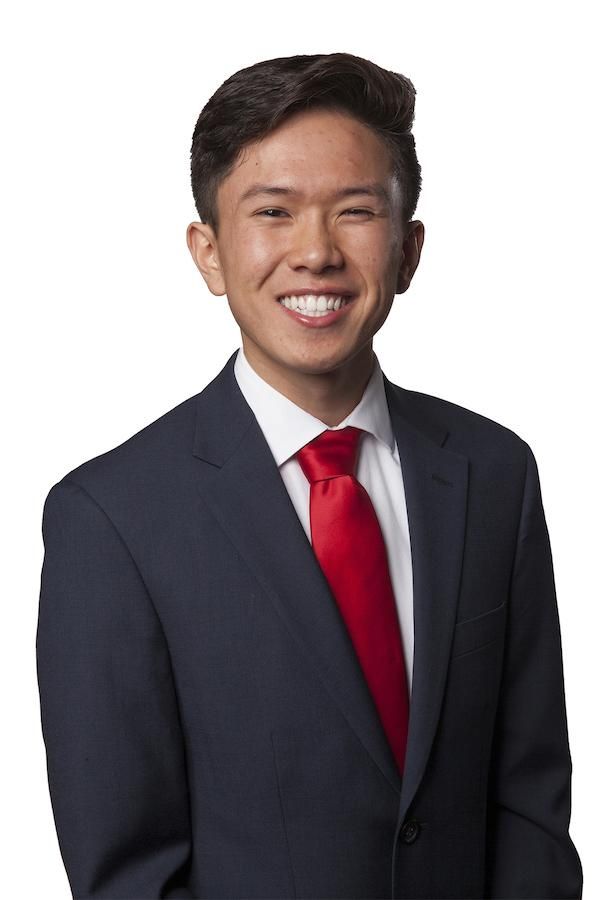

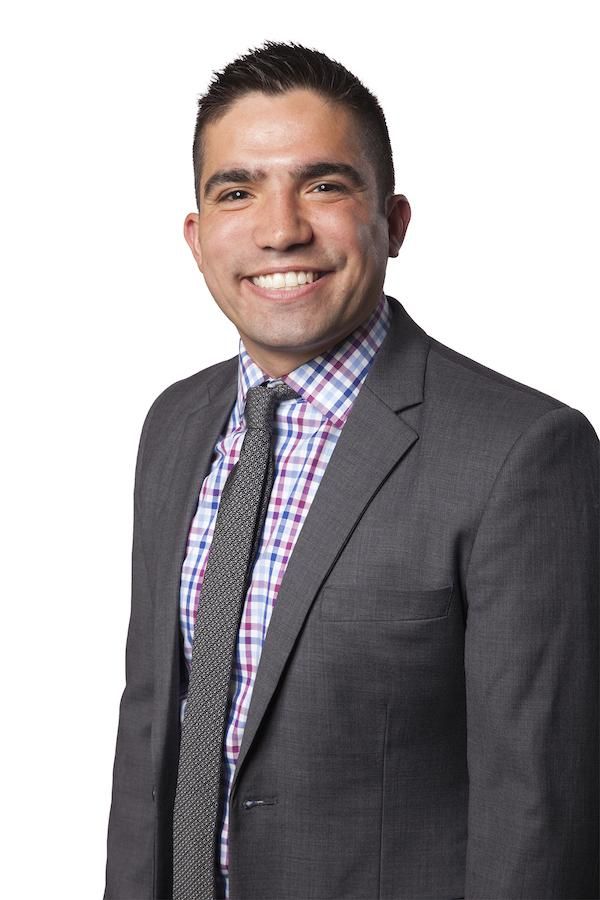
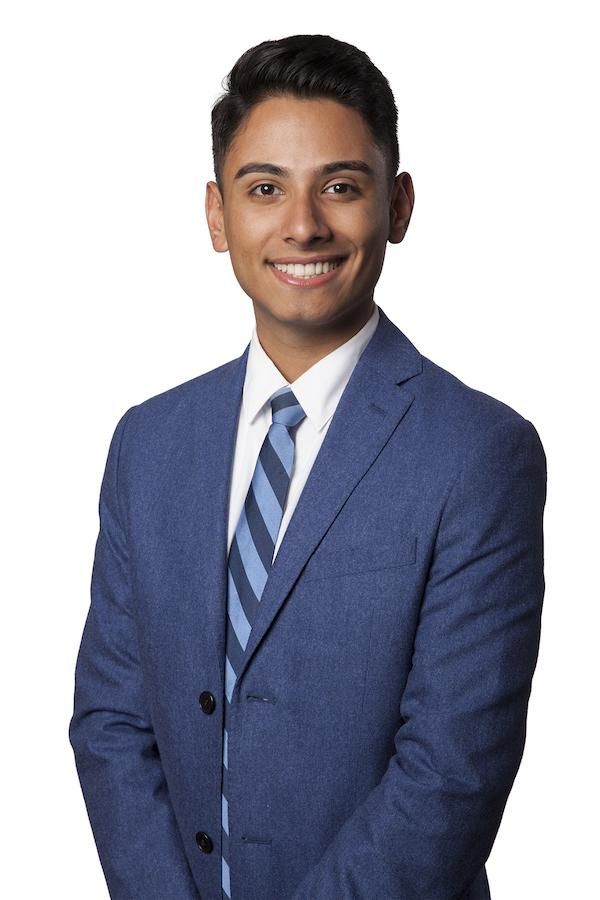
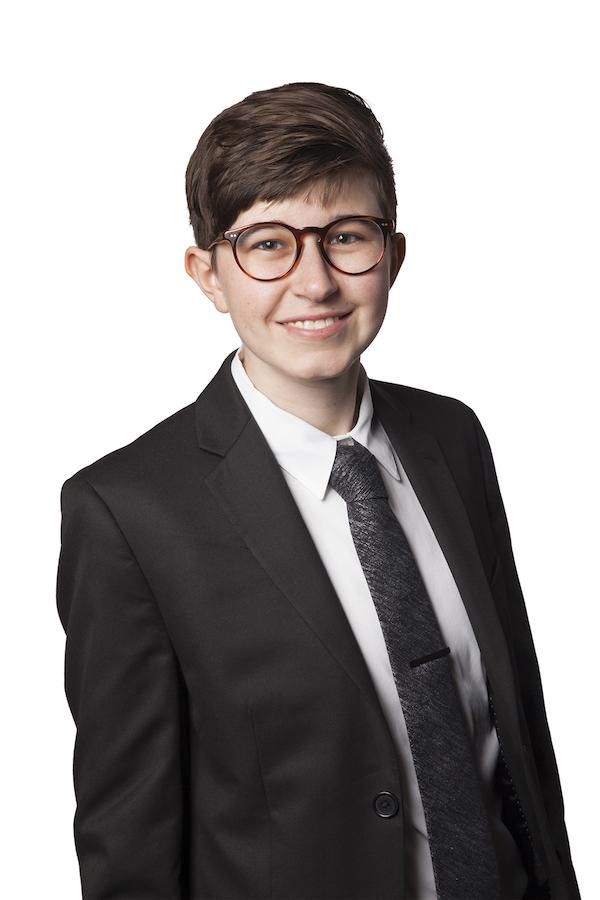
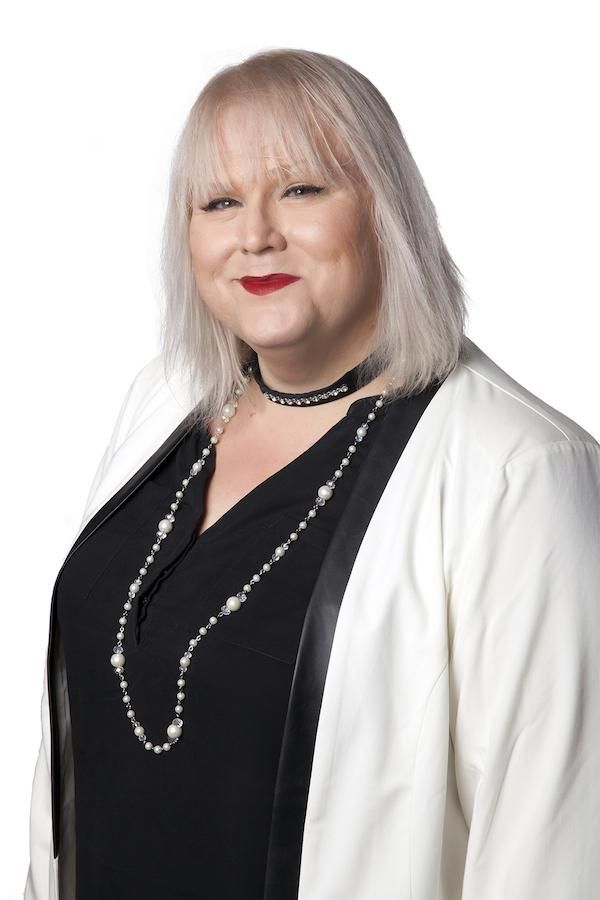
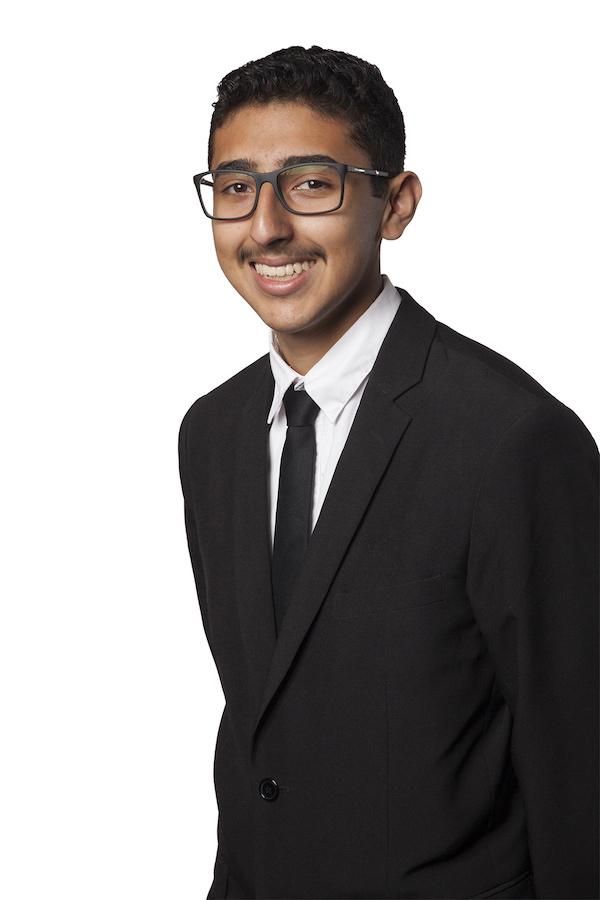
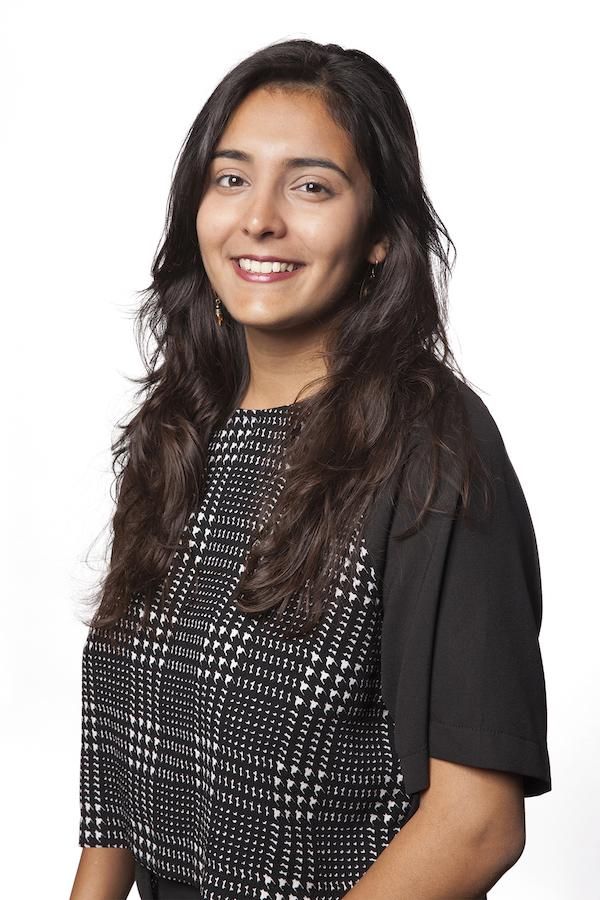

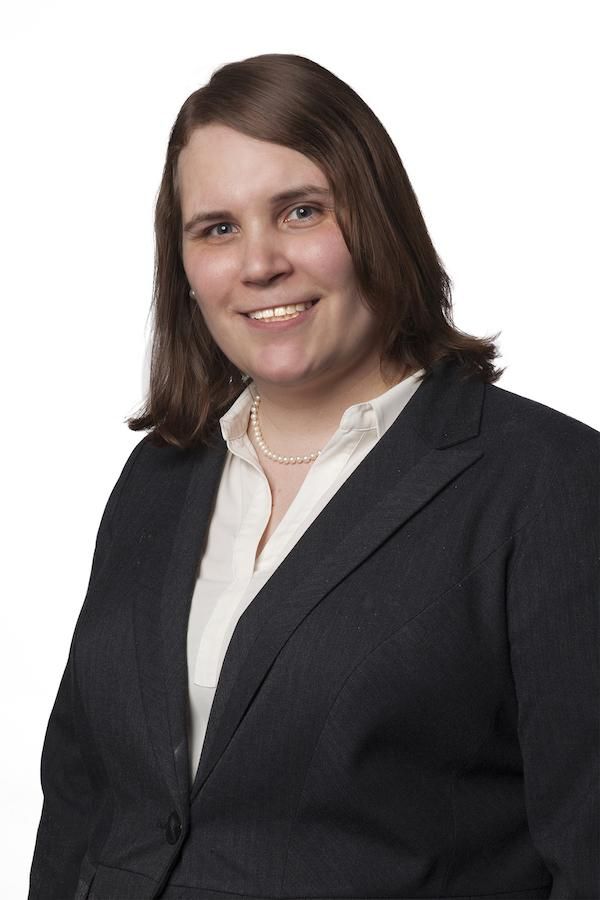
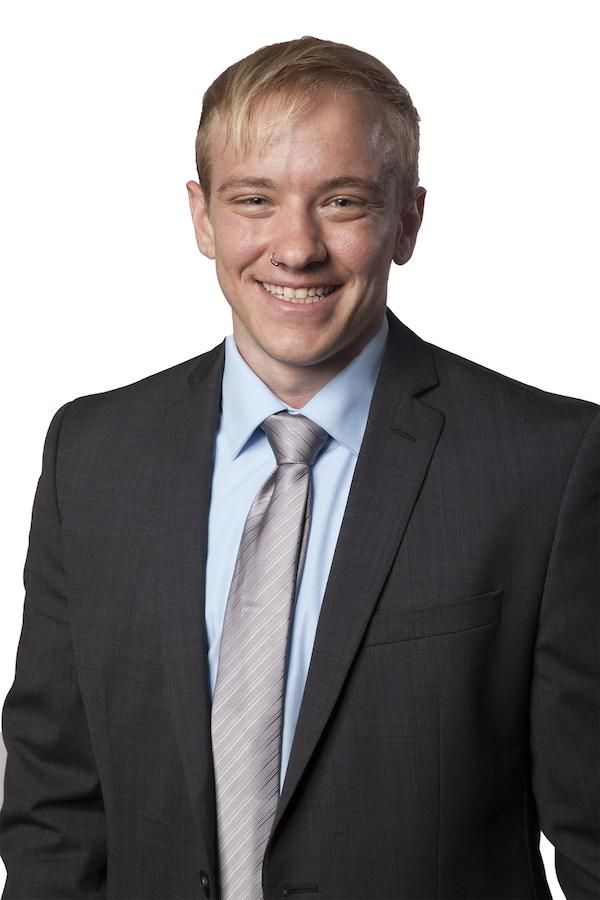

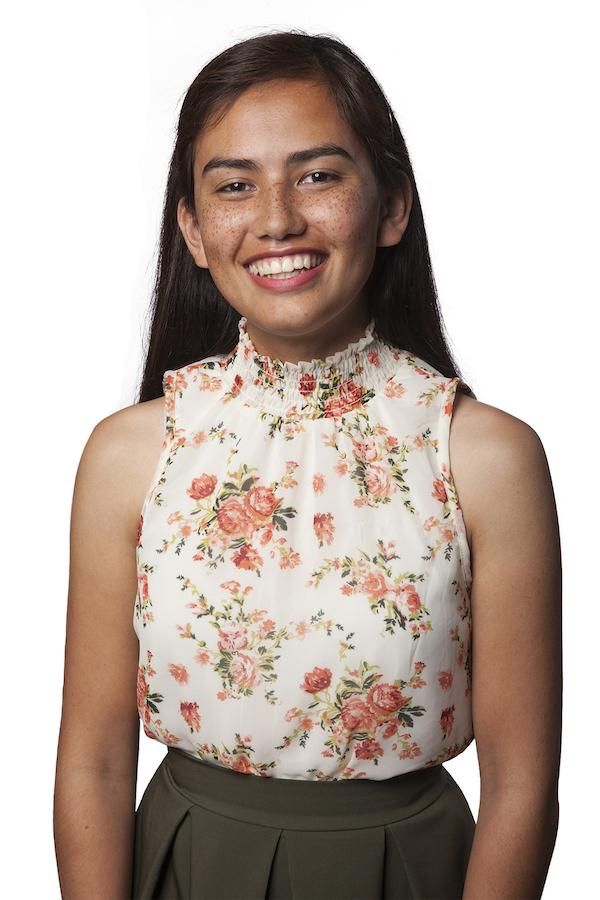
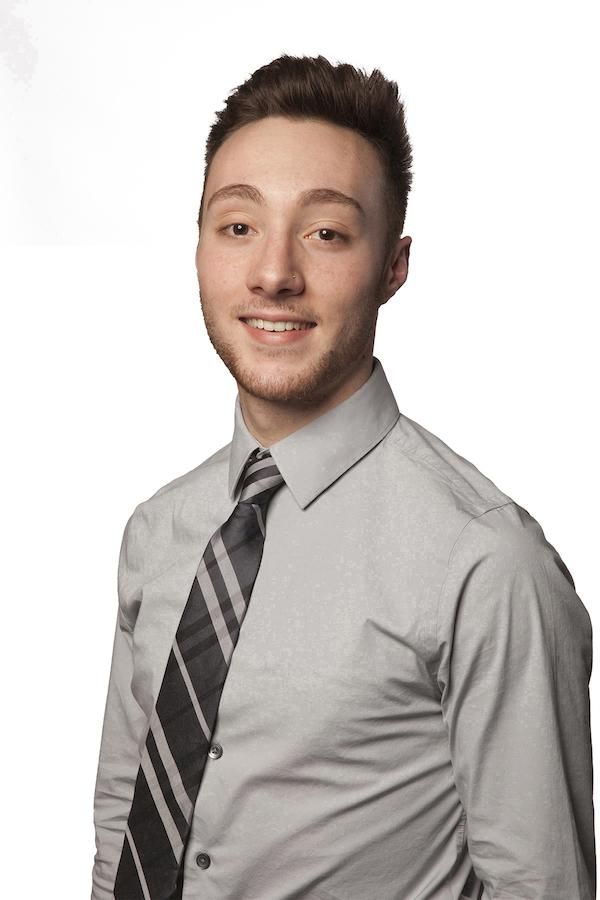

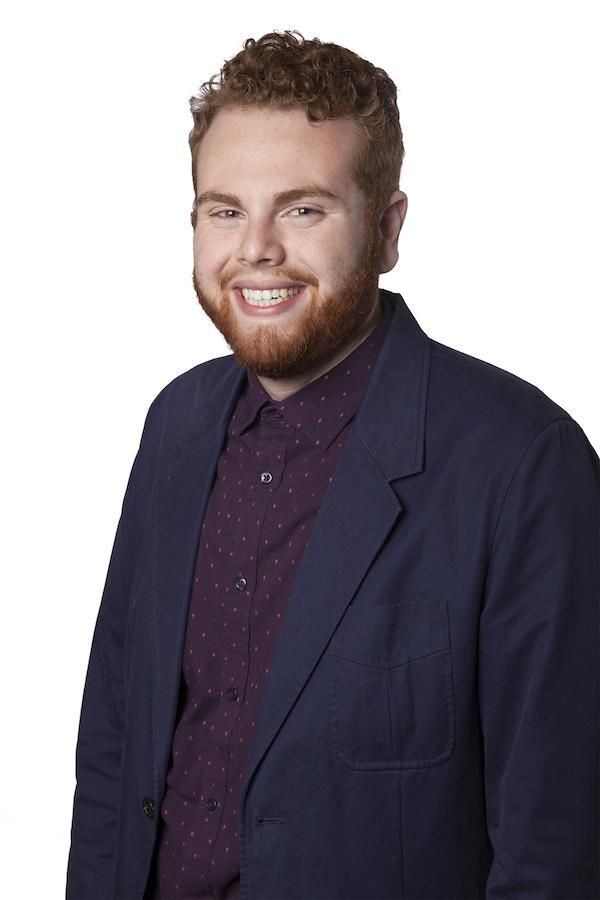
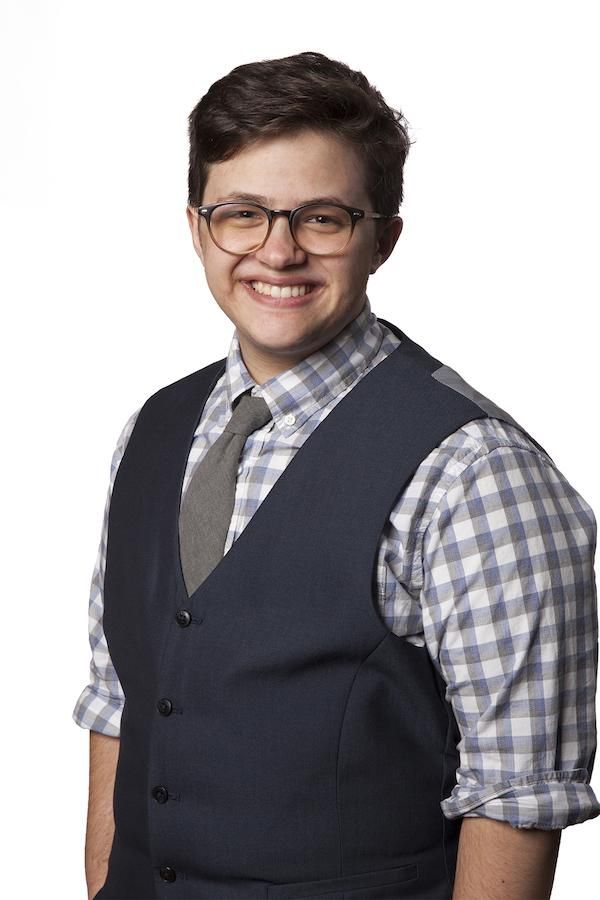
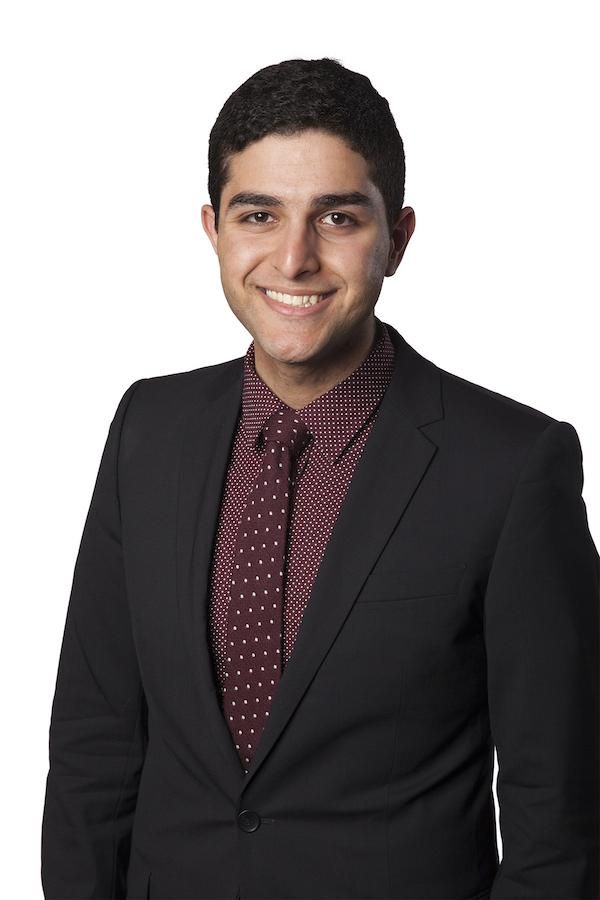
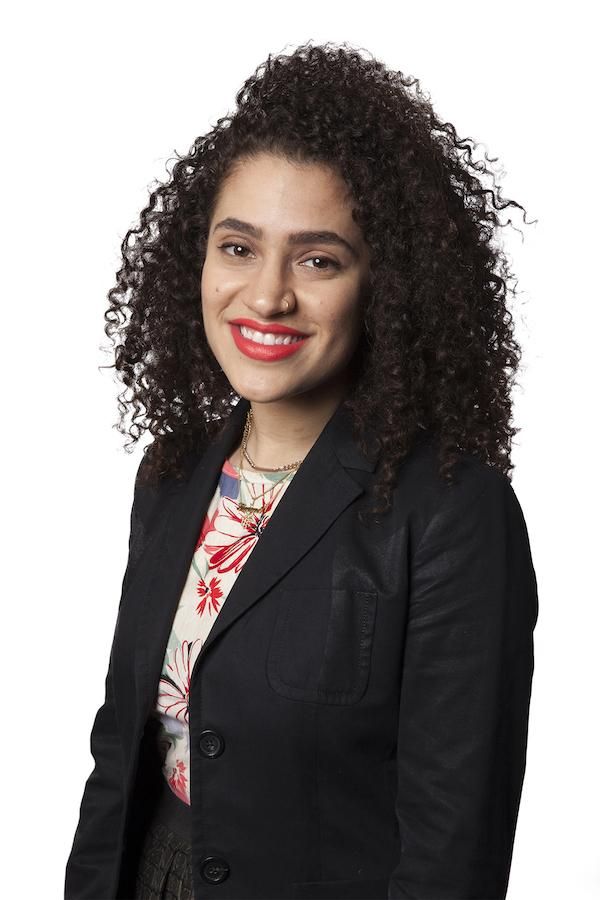

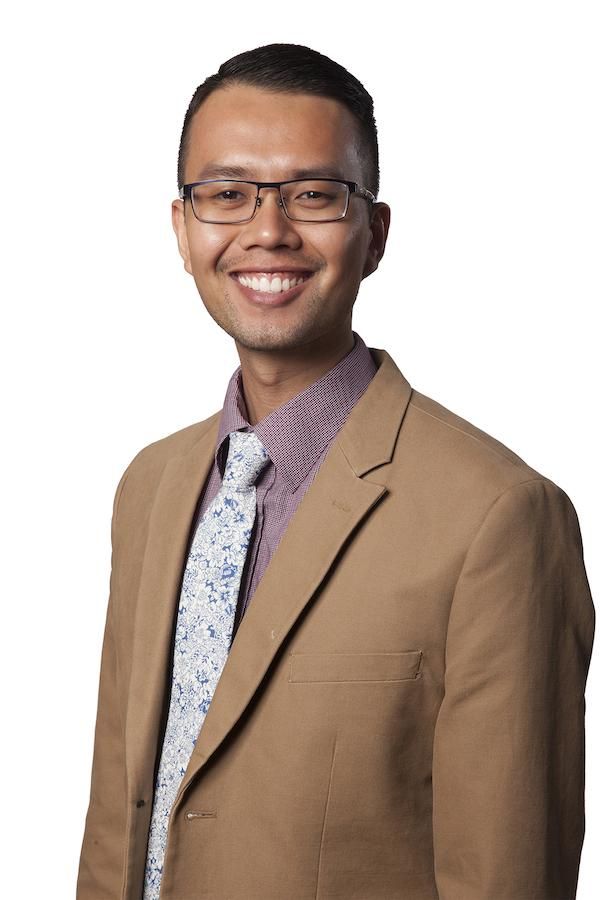
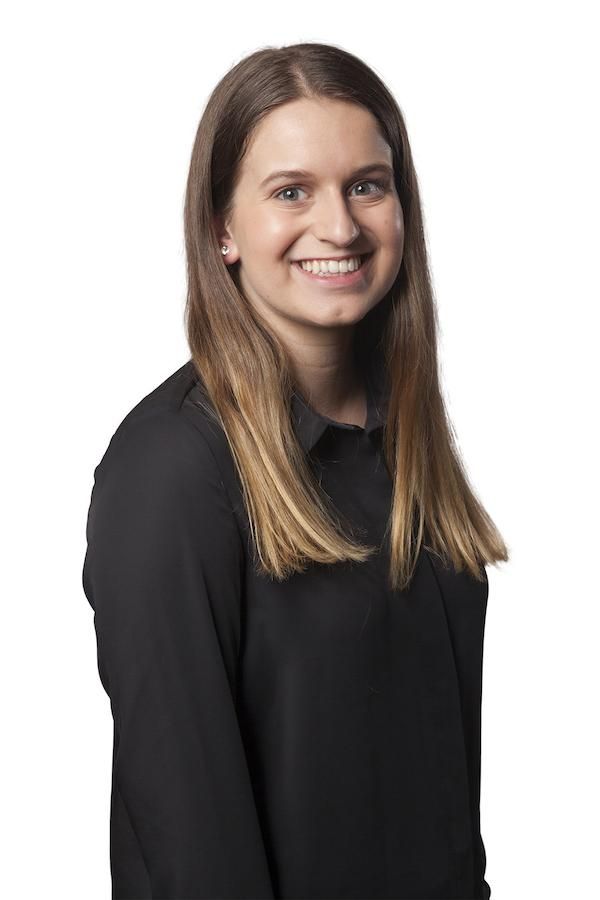
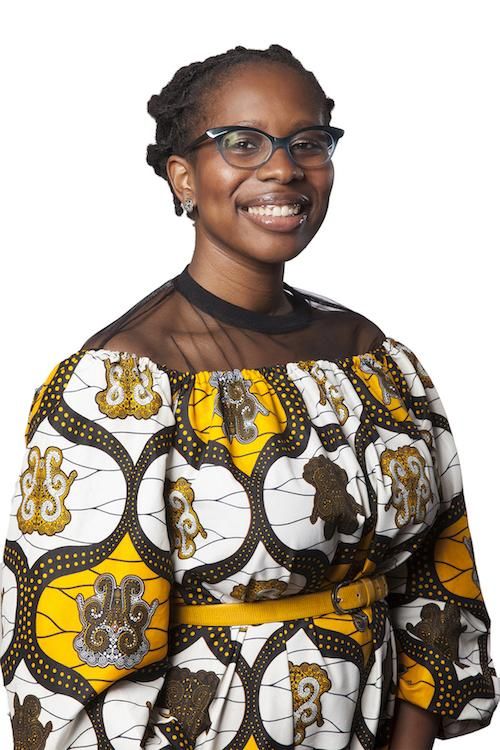
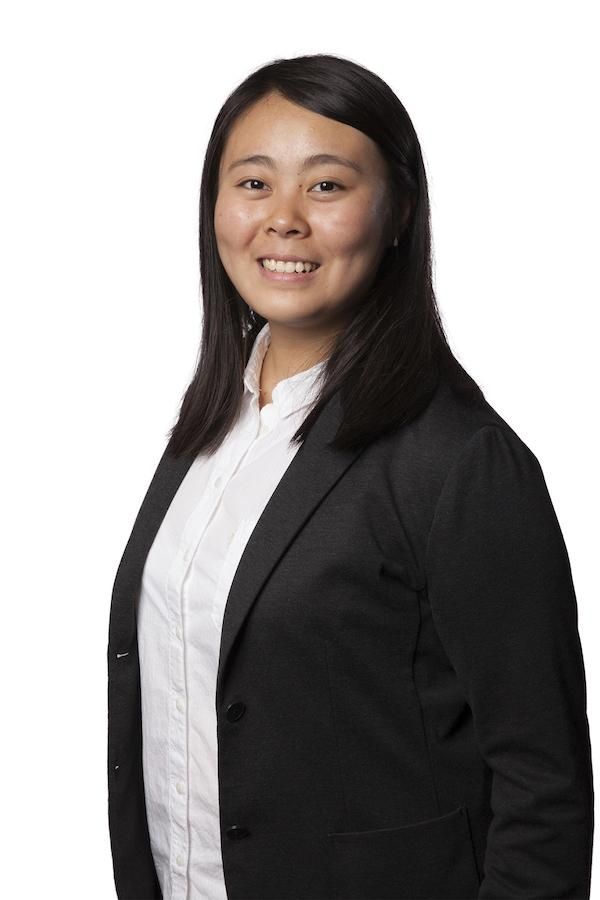
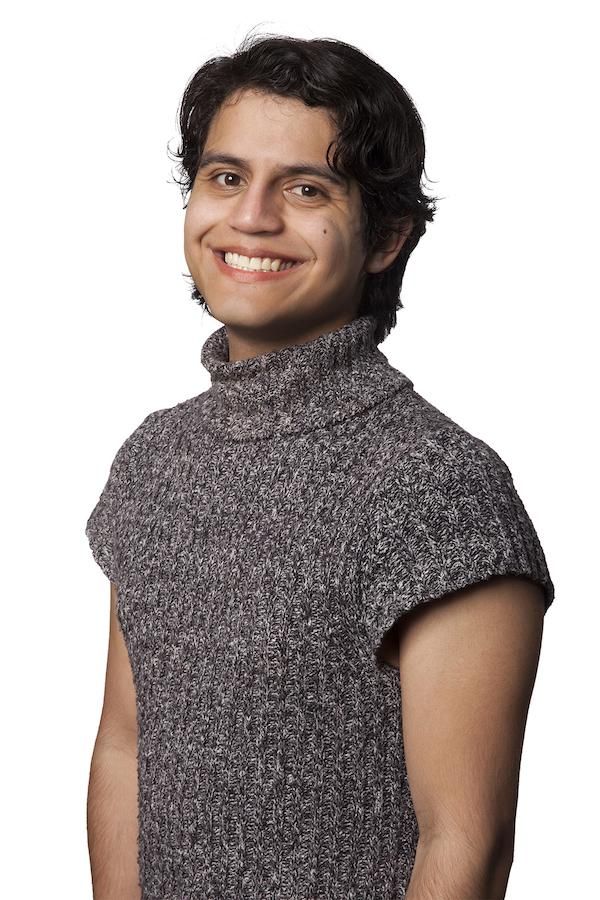
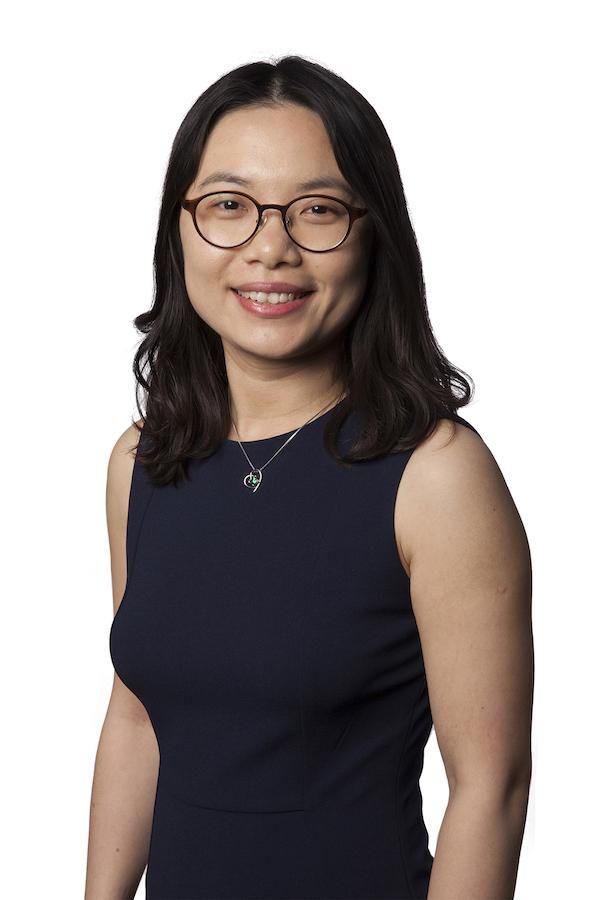

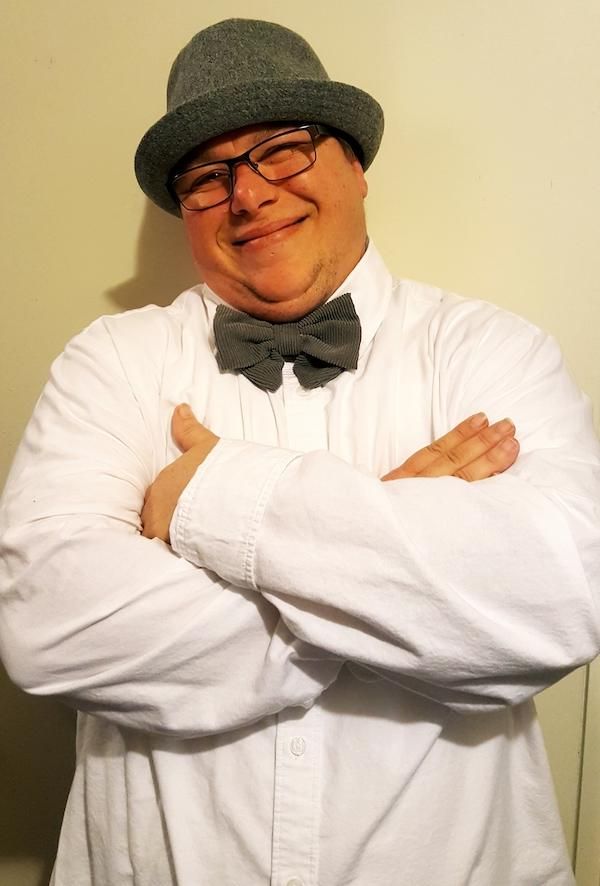
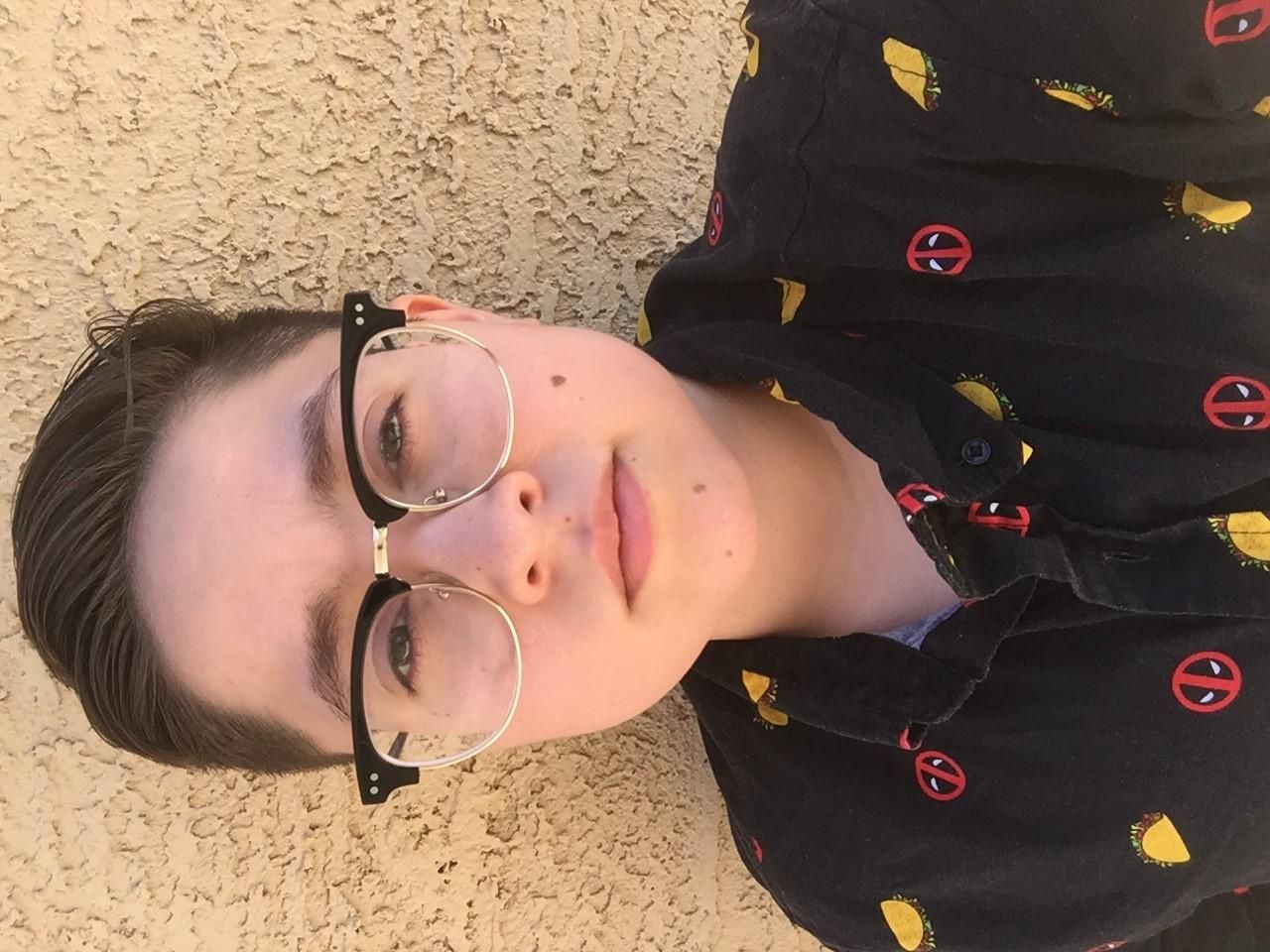
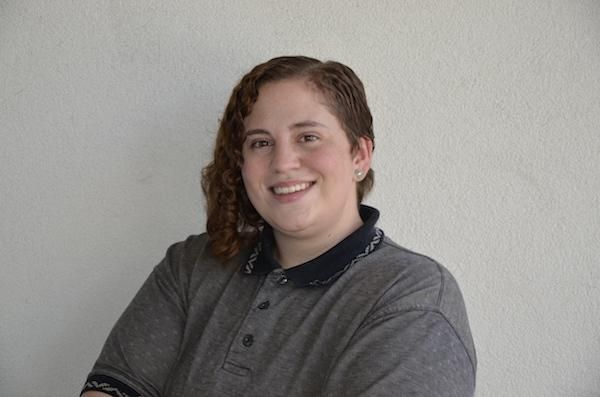


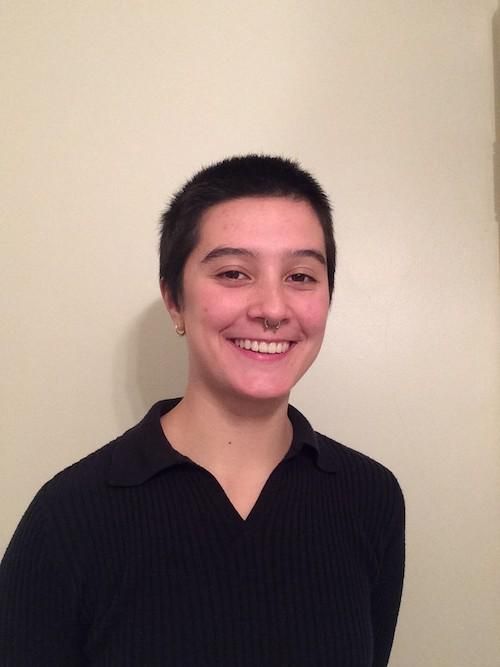
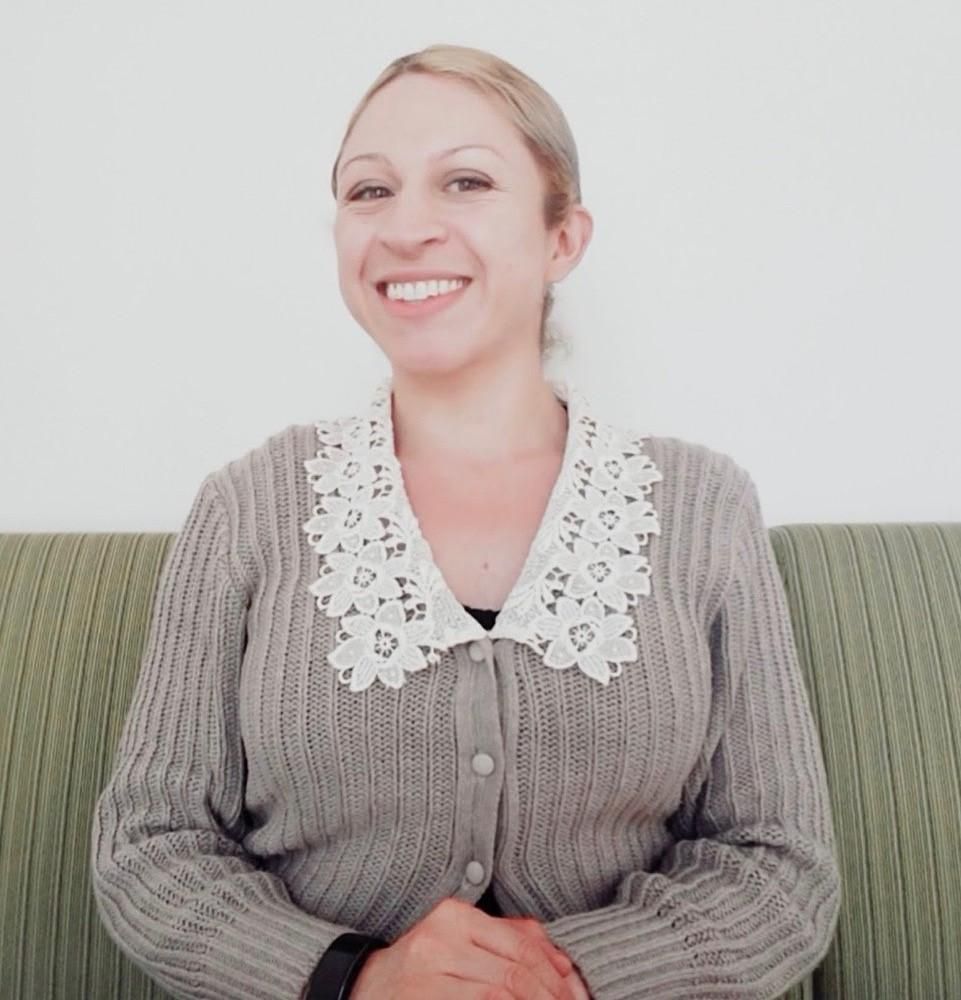


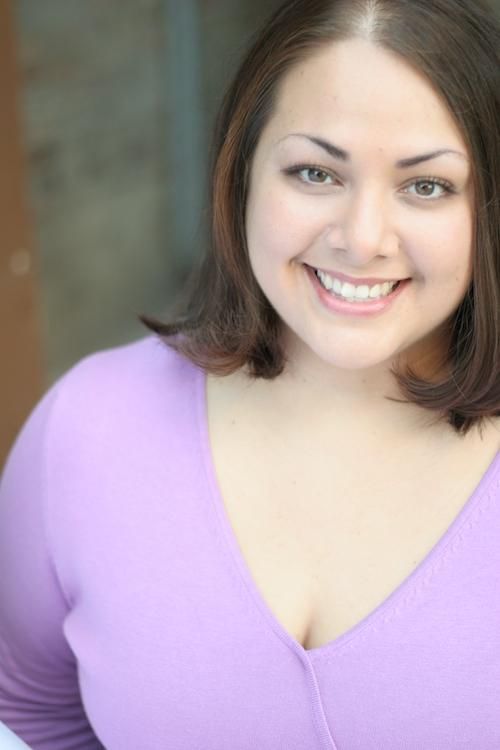
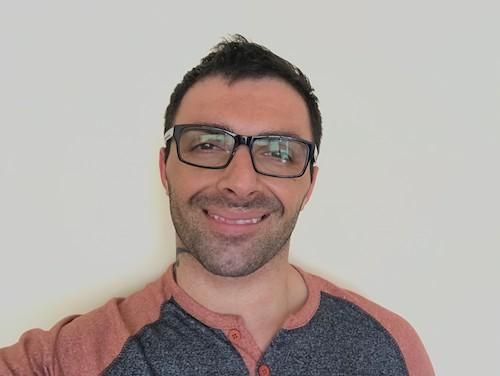

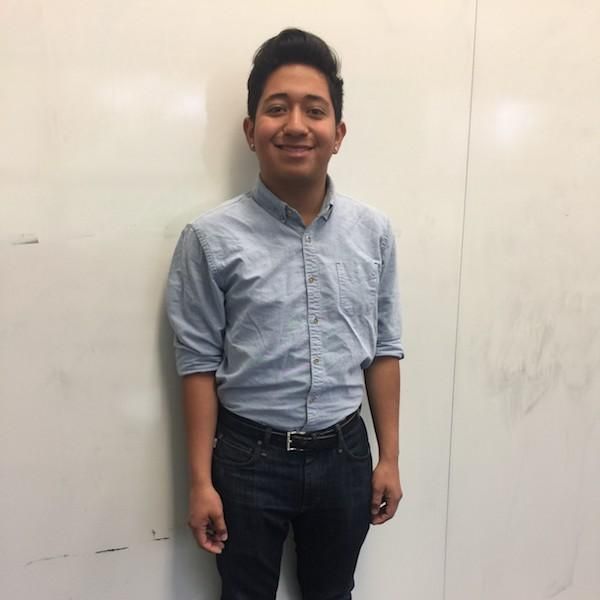
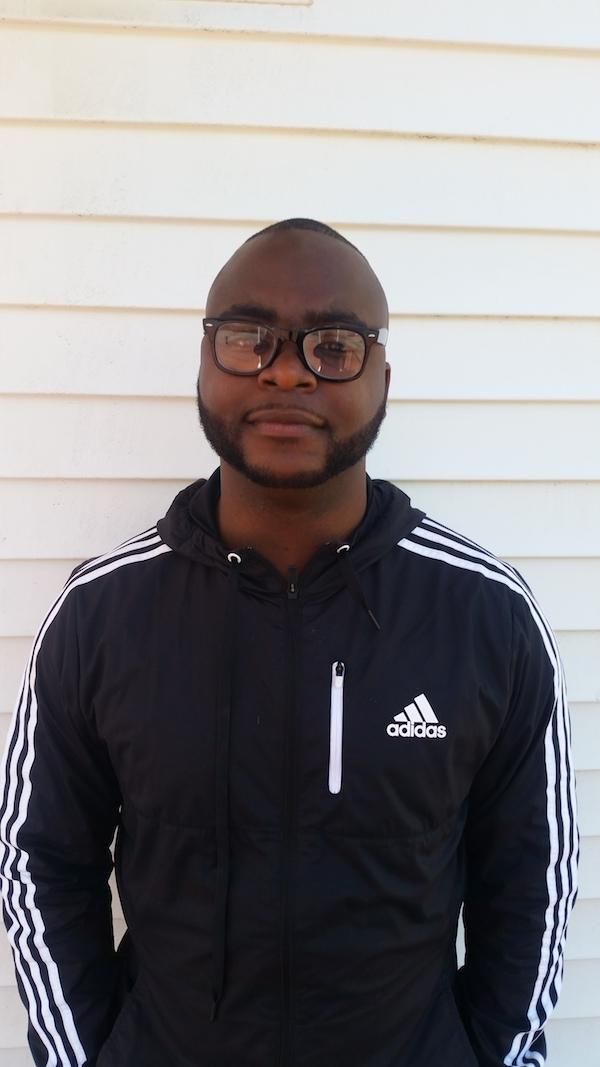

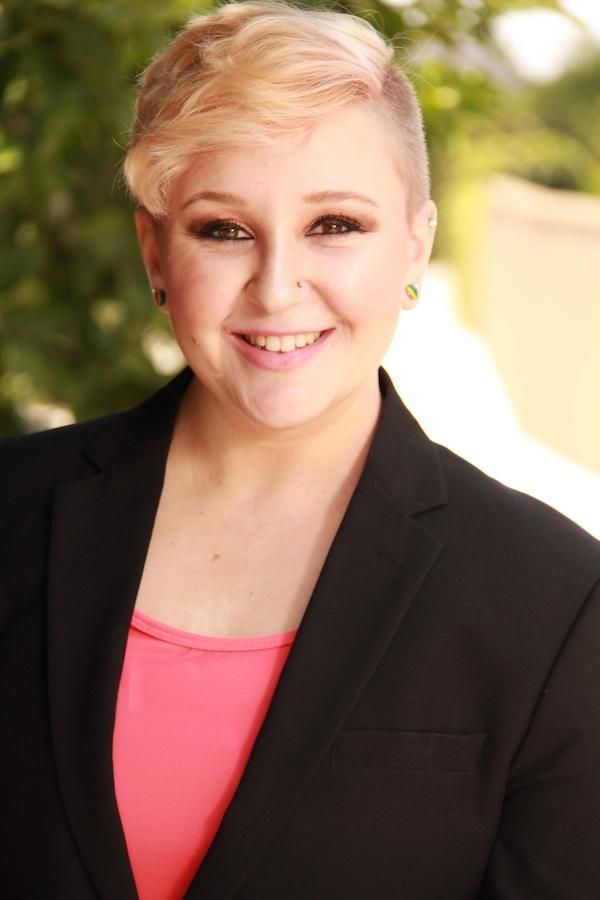

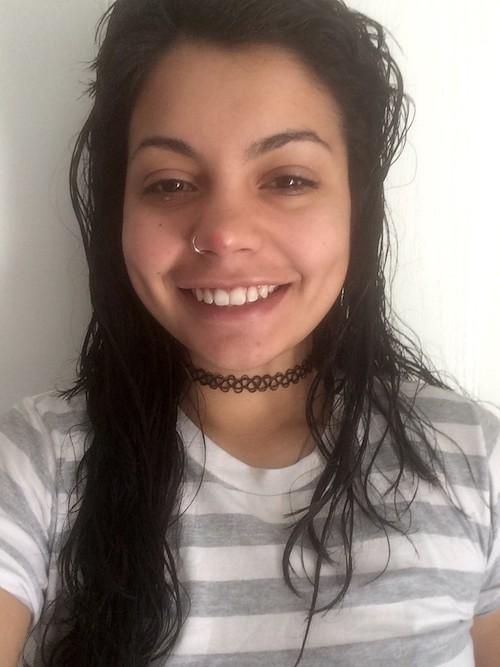
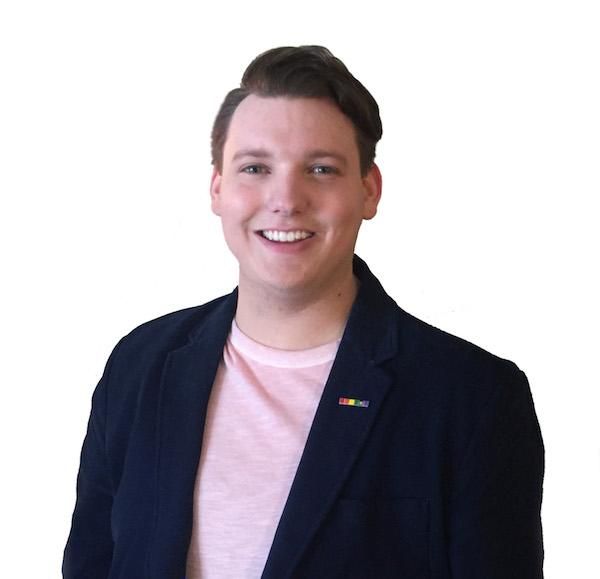
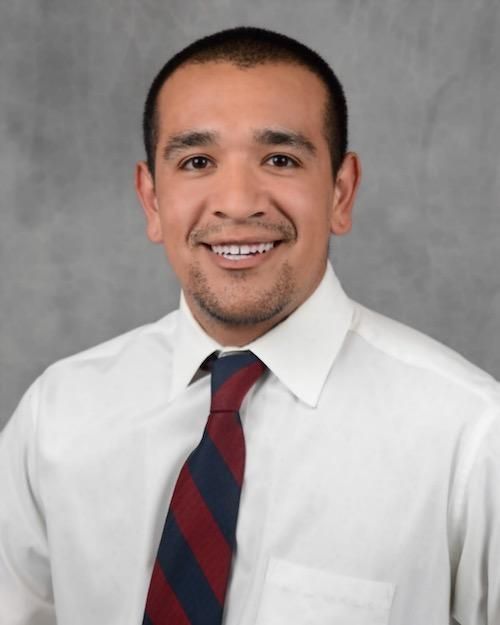
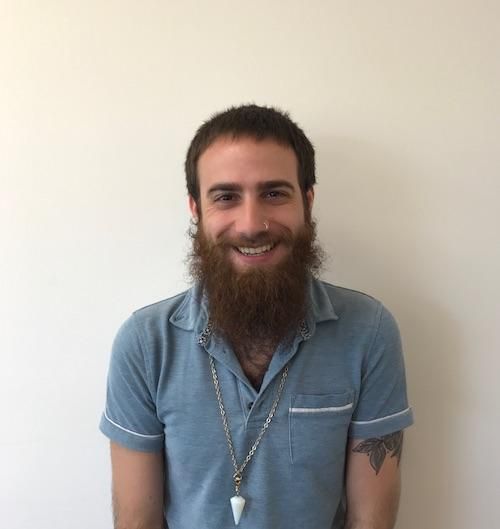
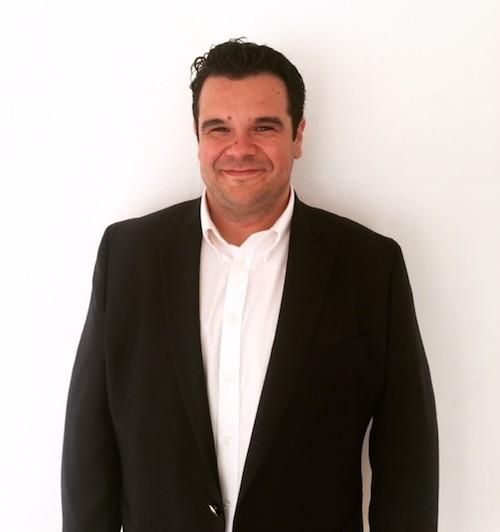
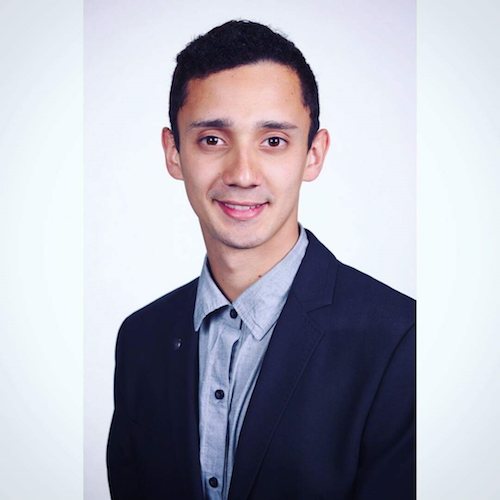











 pride
pride







 pride
pride










